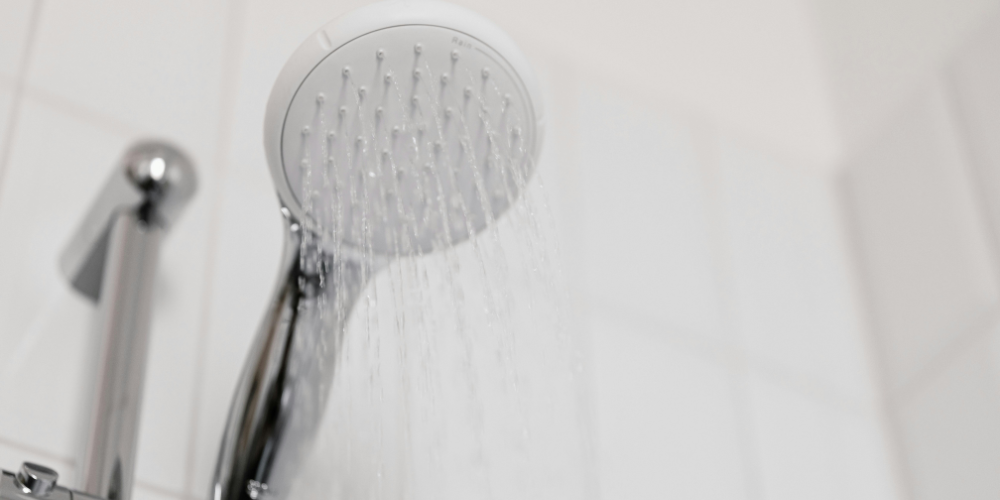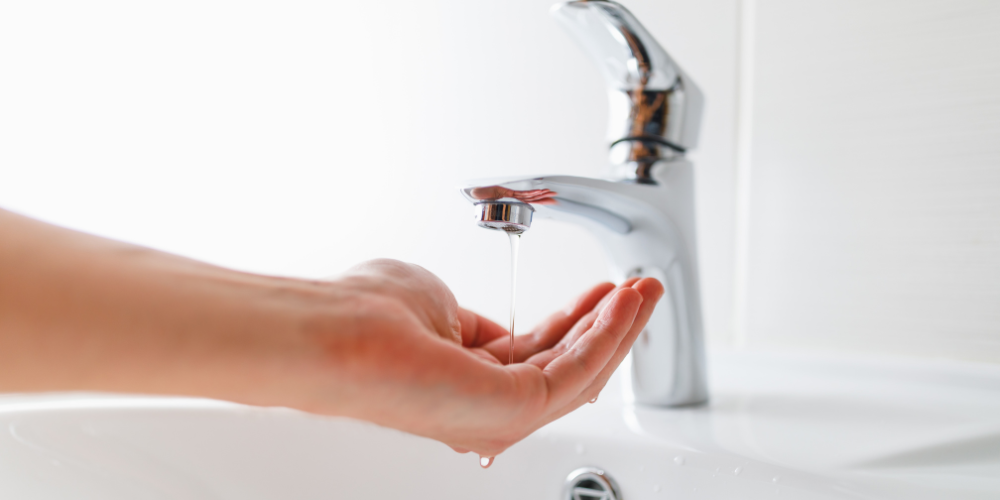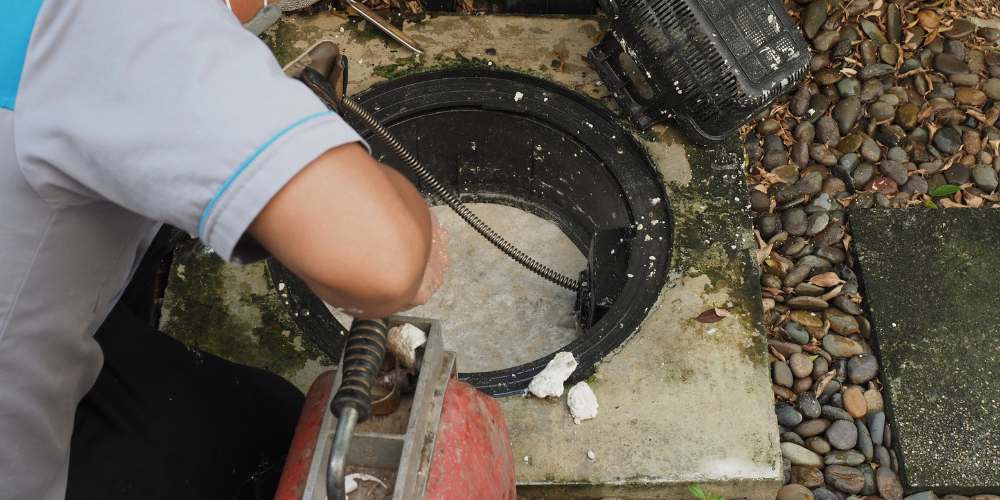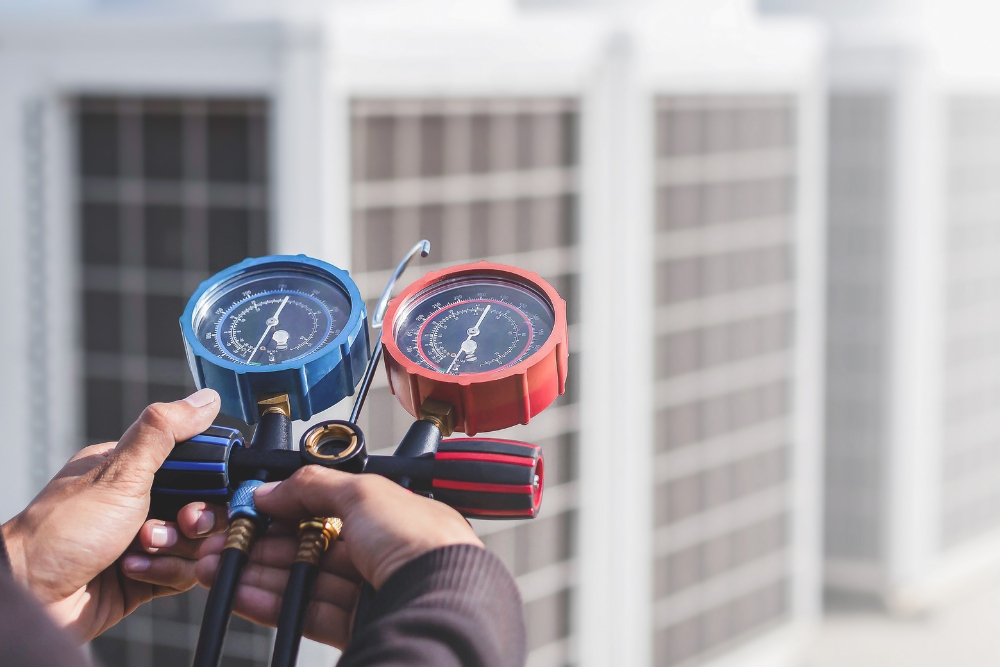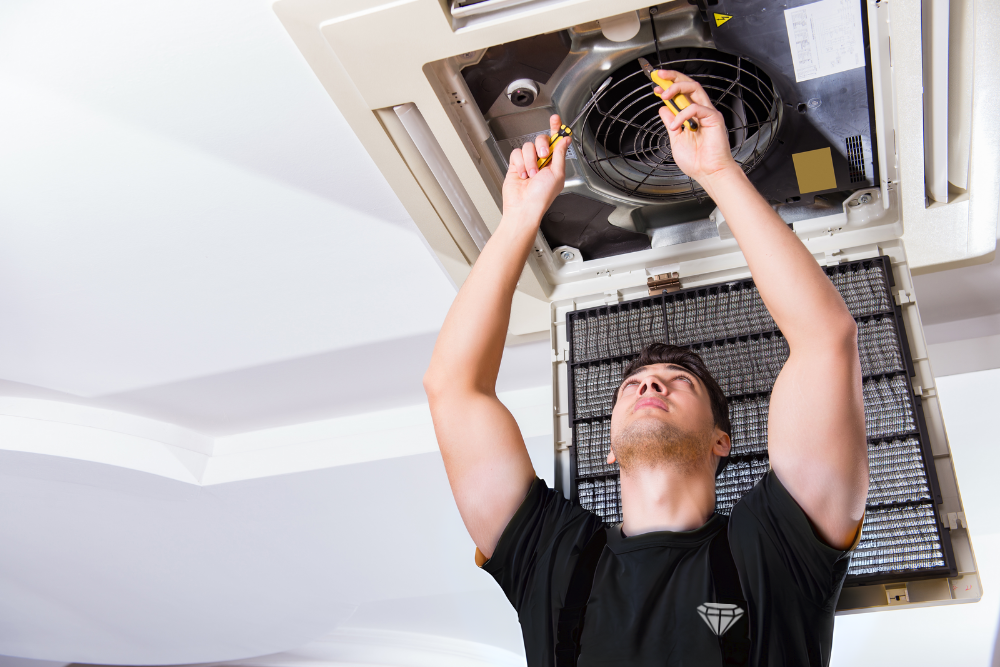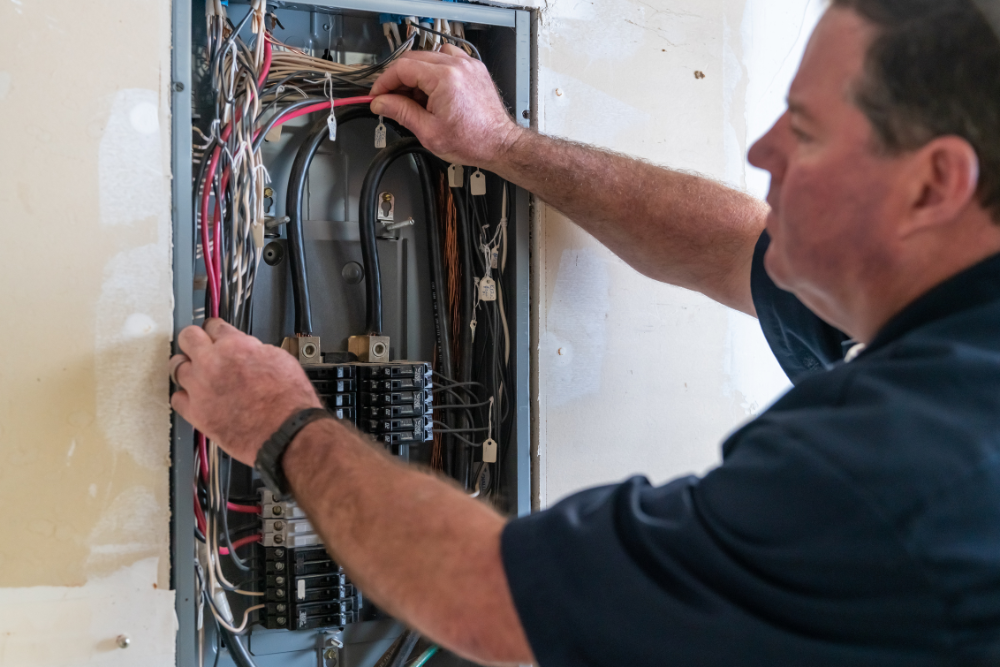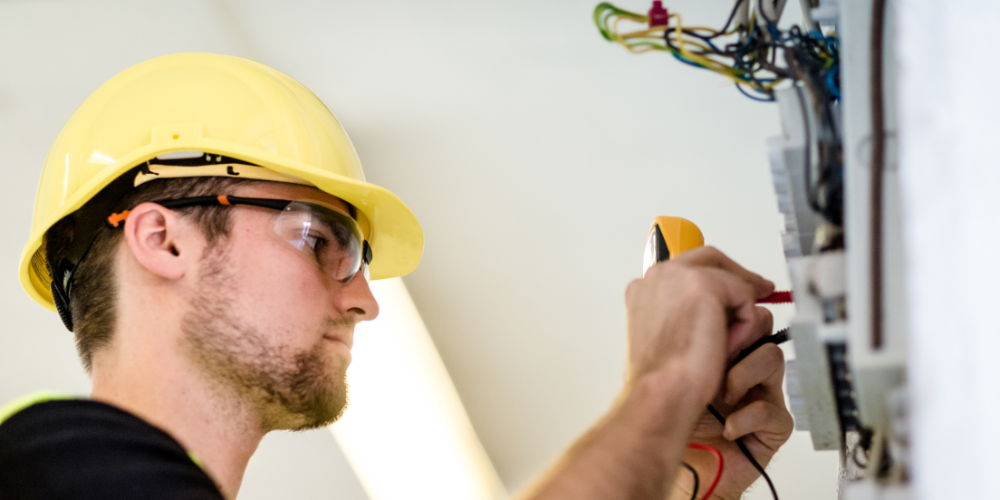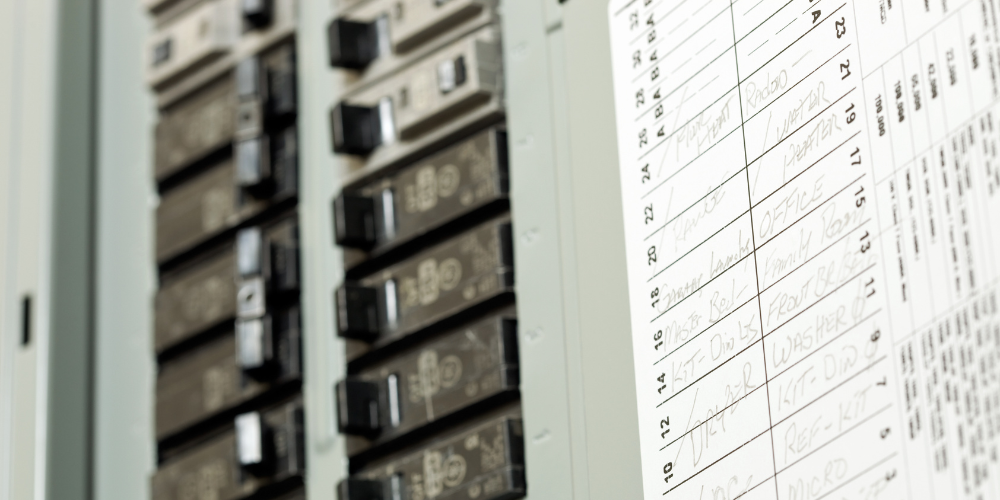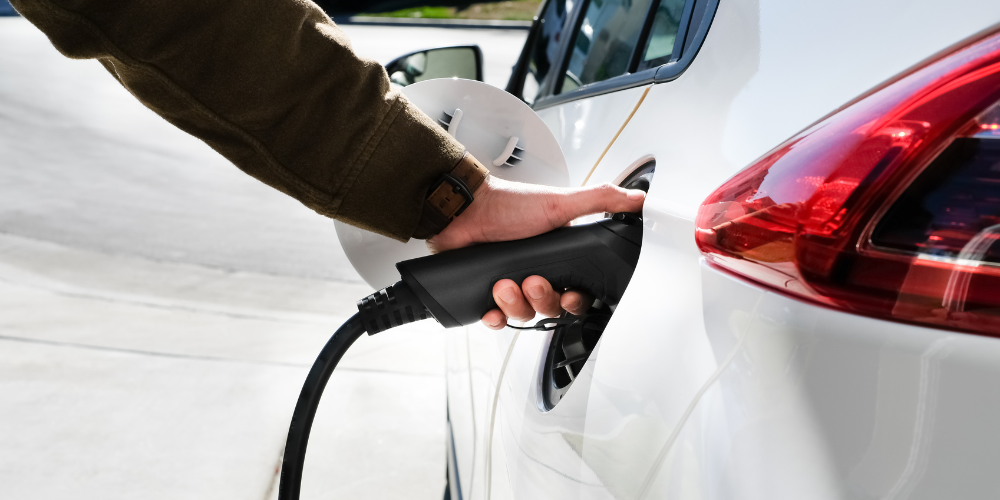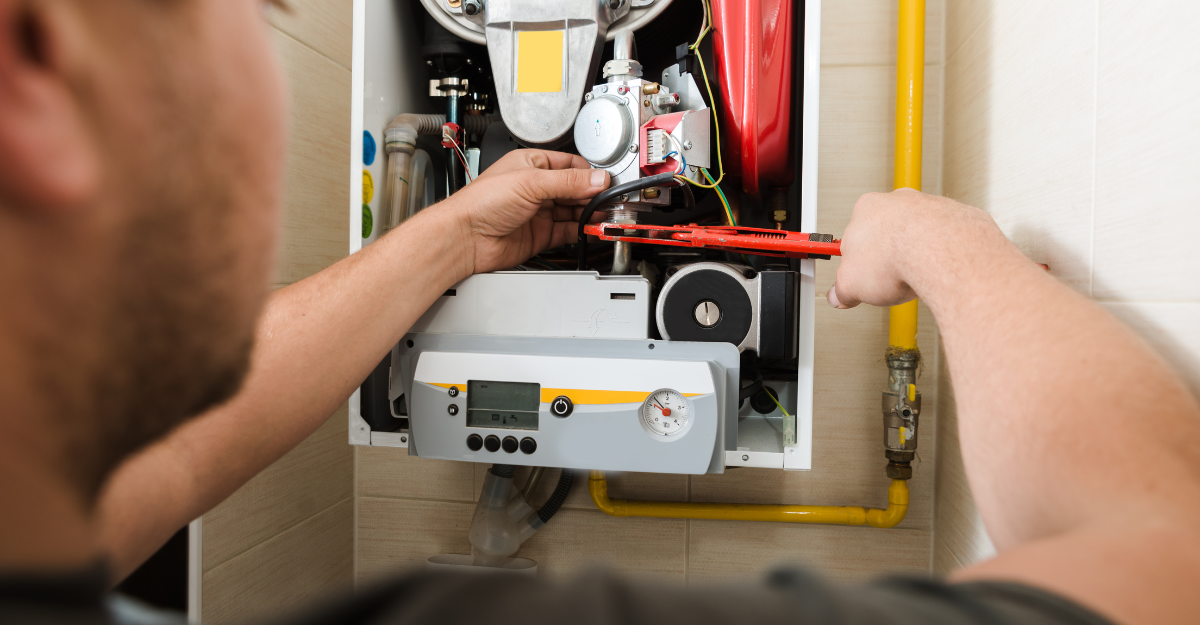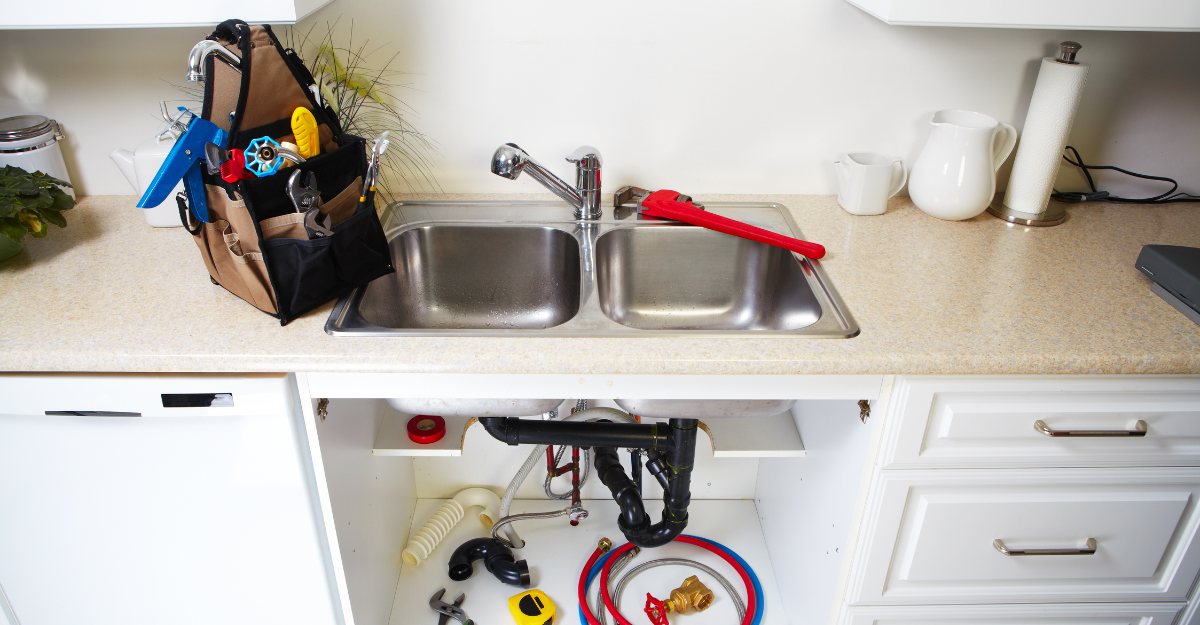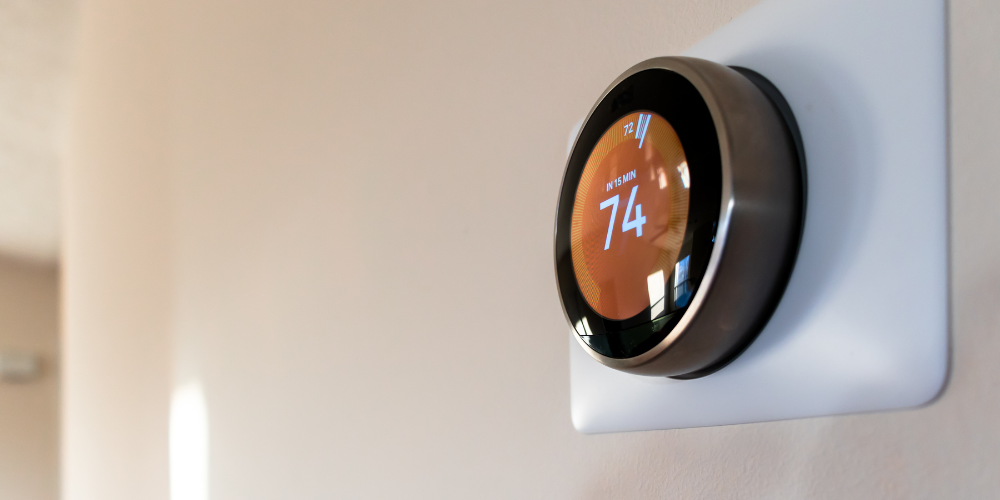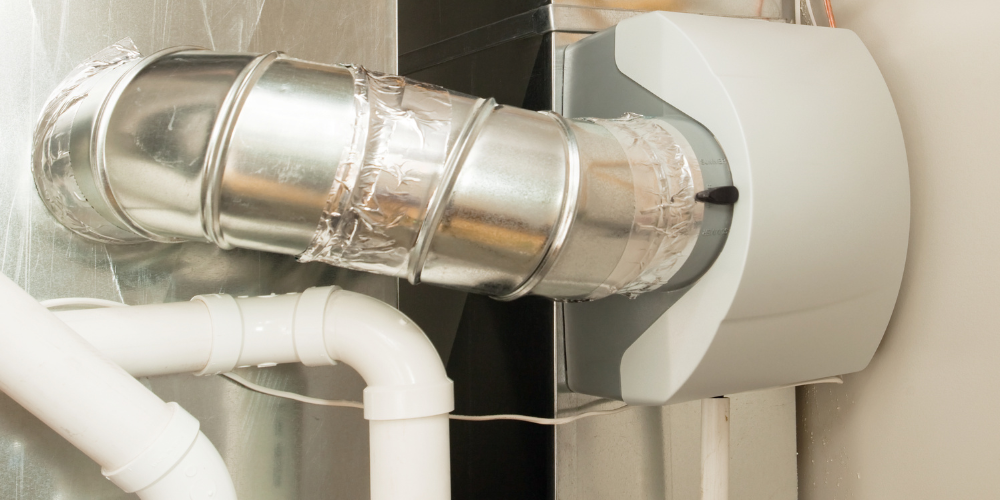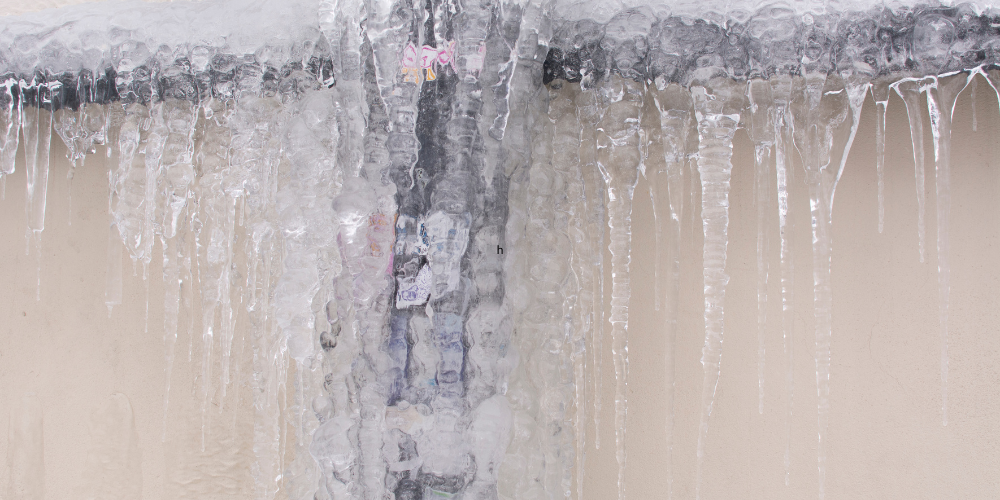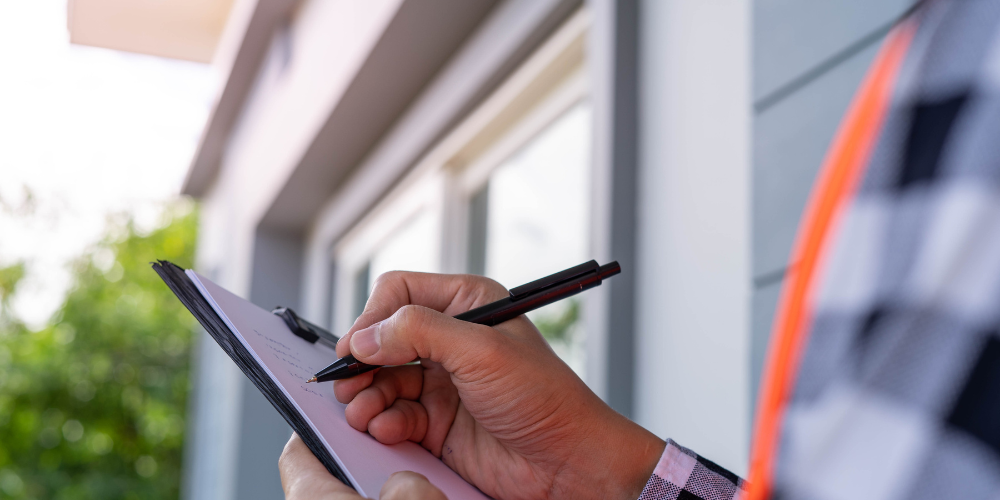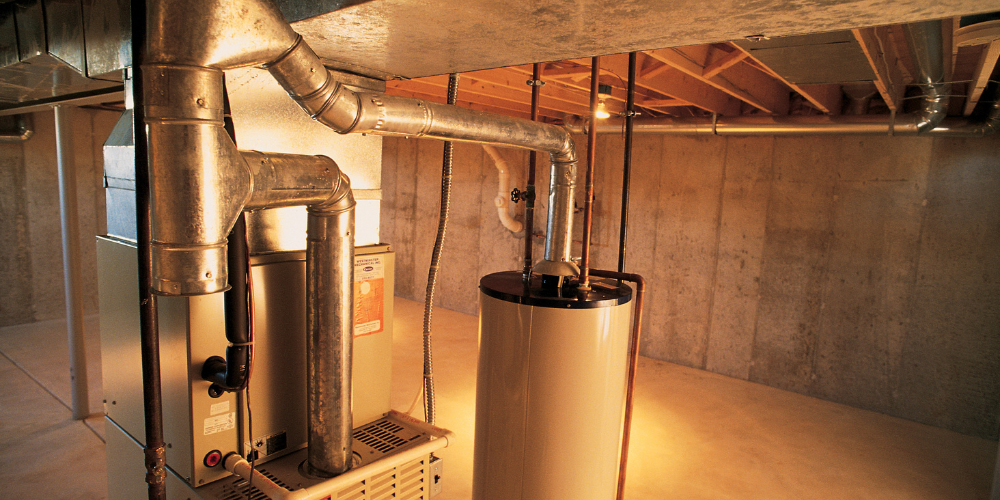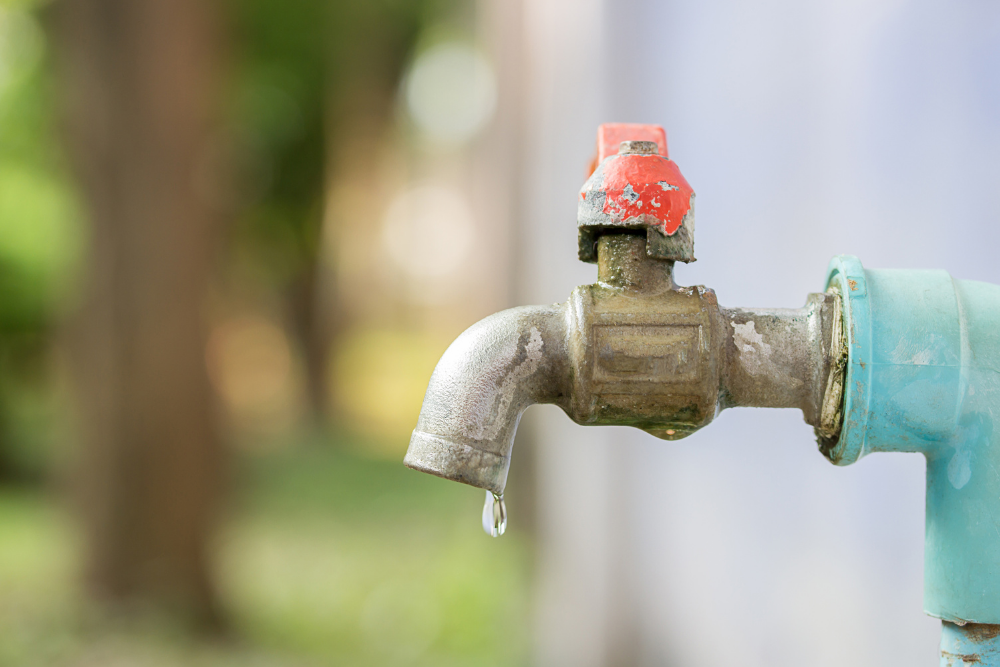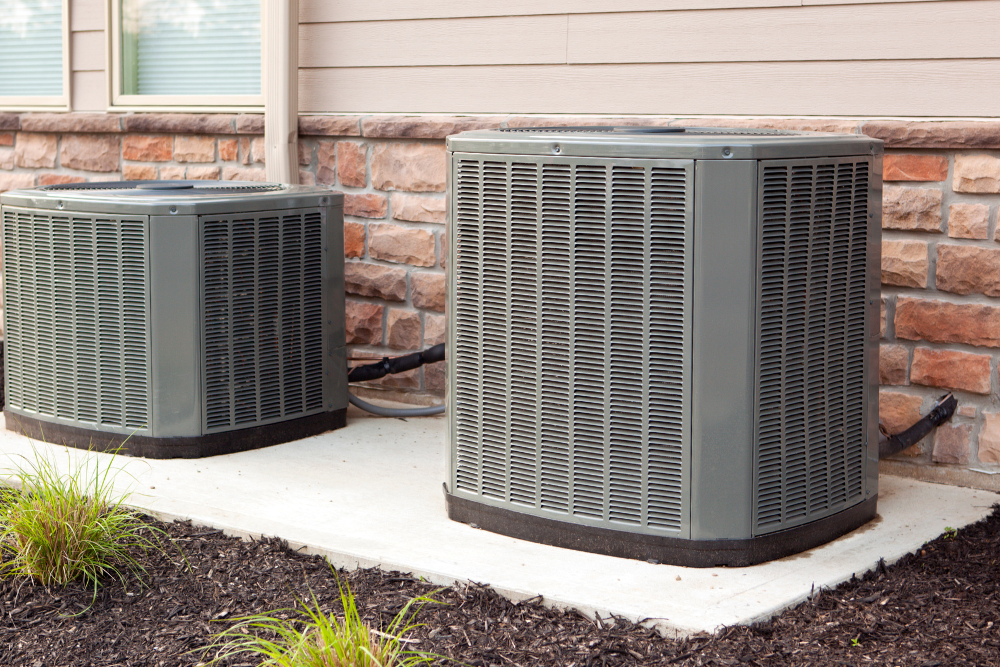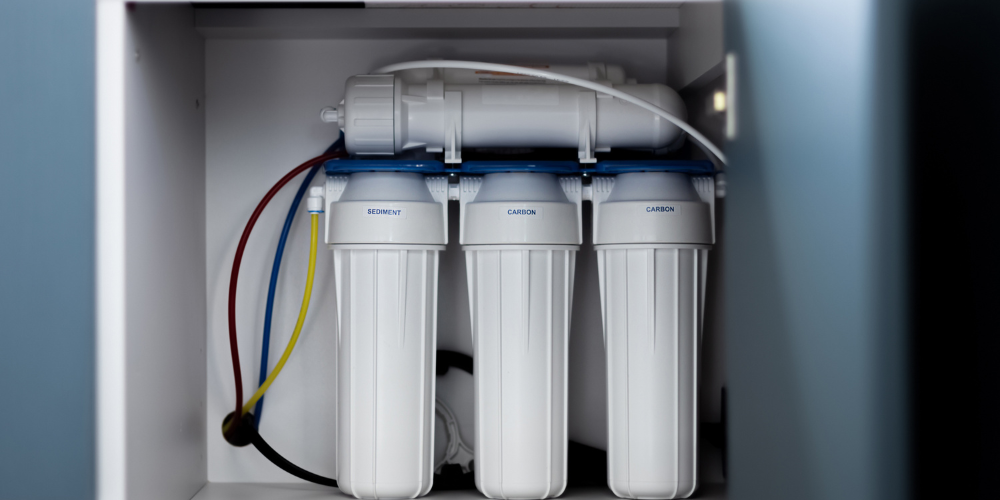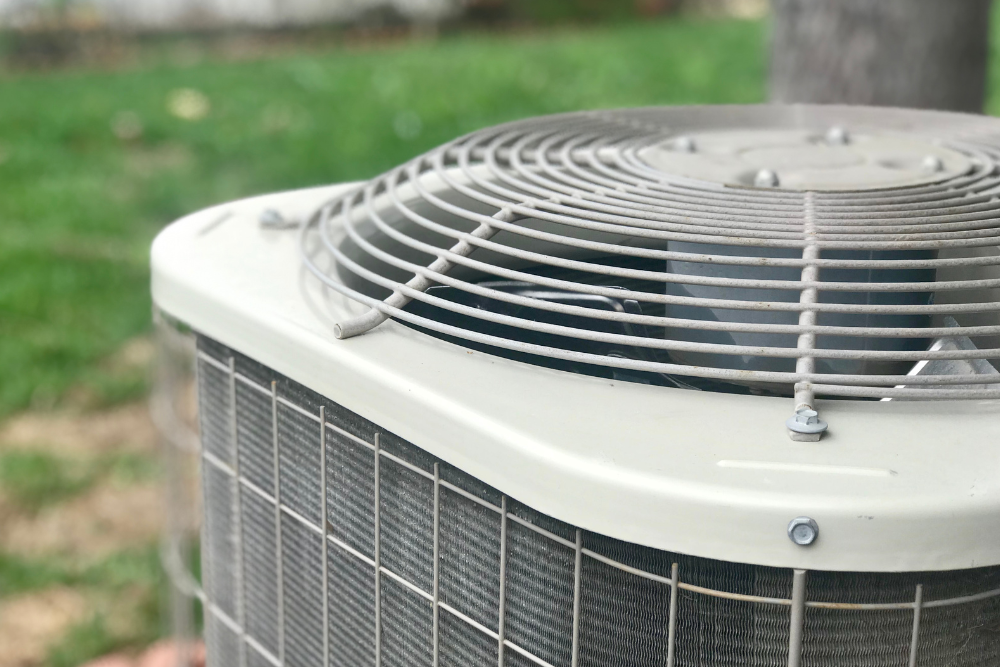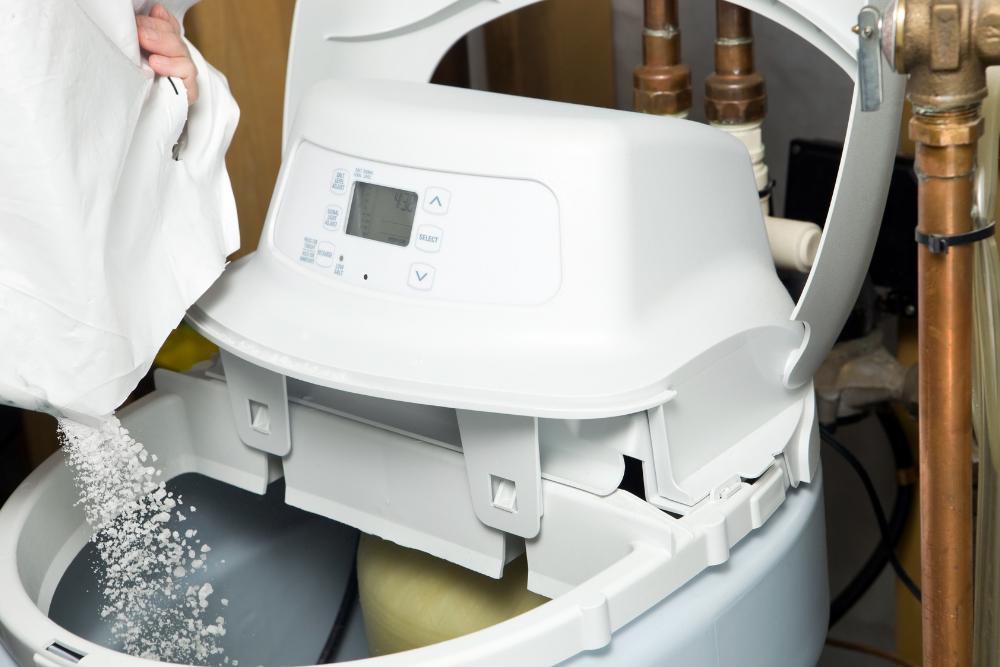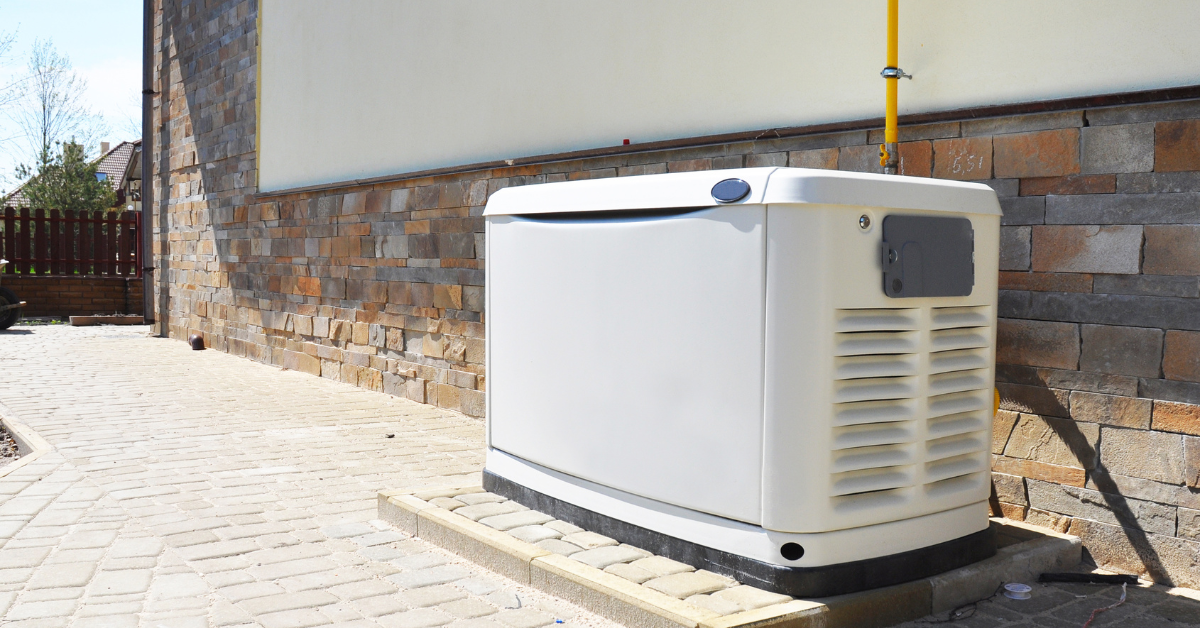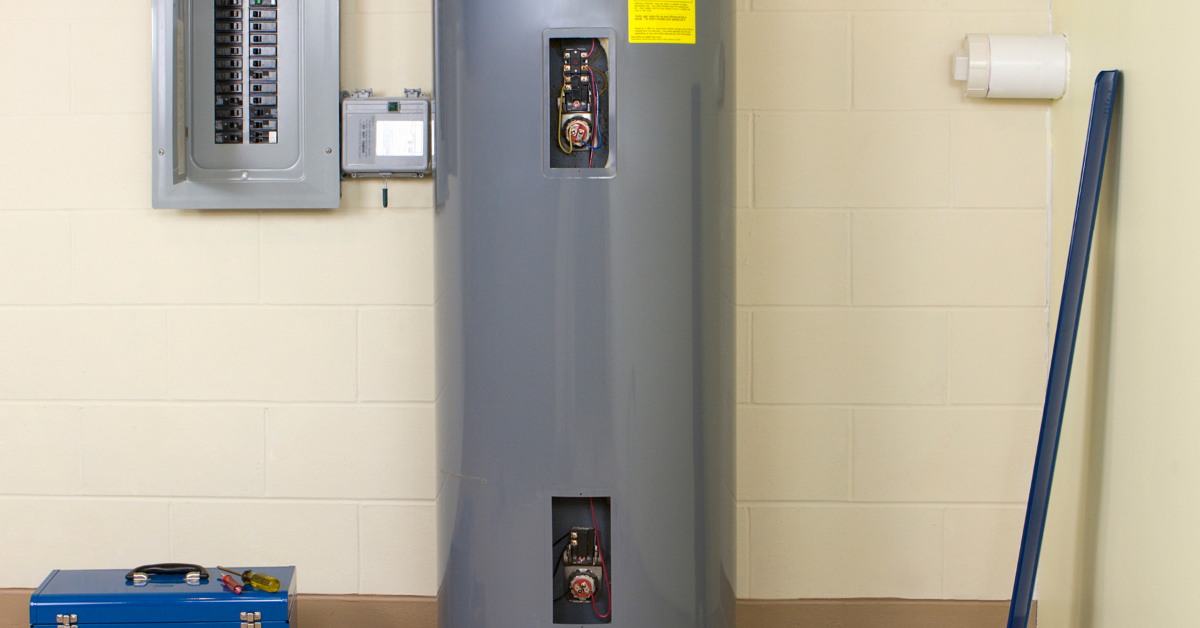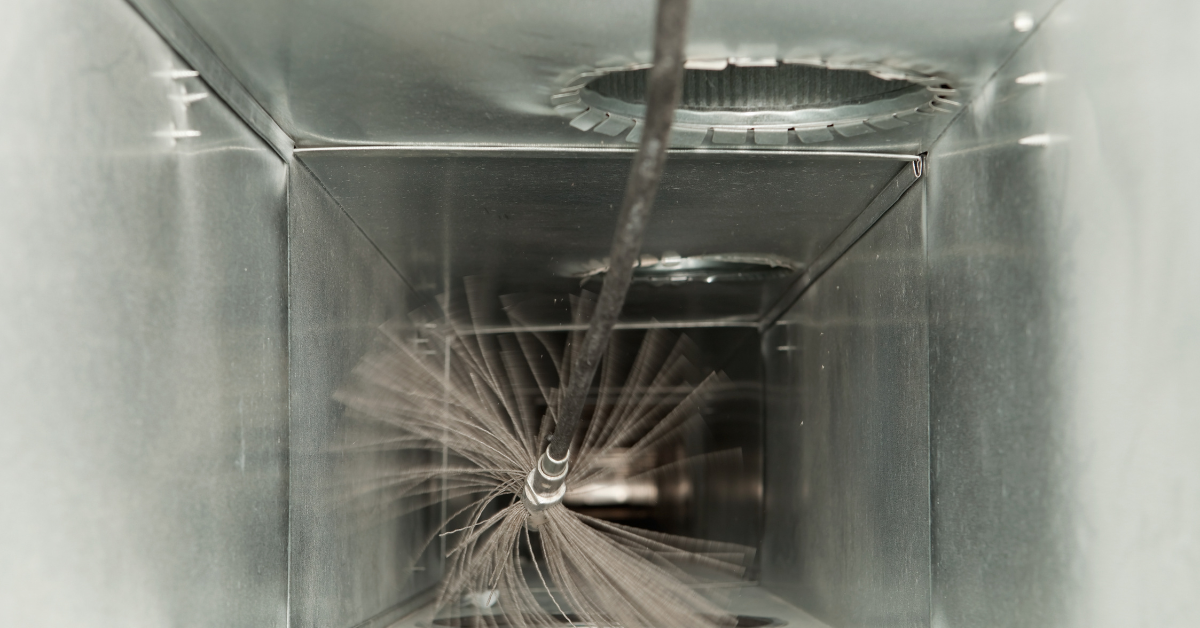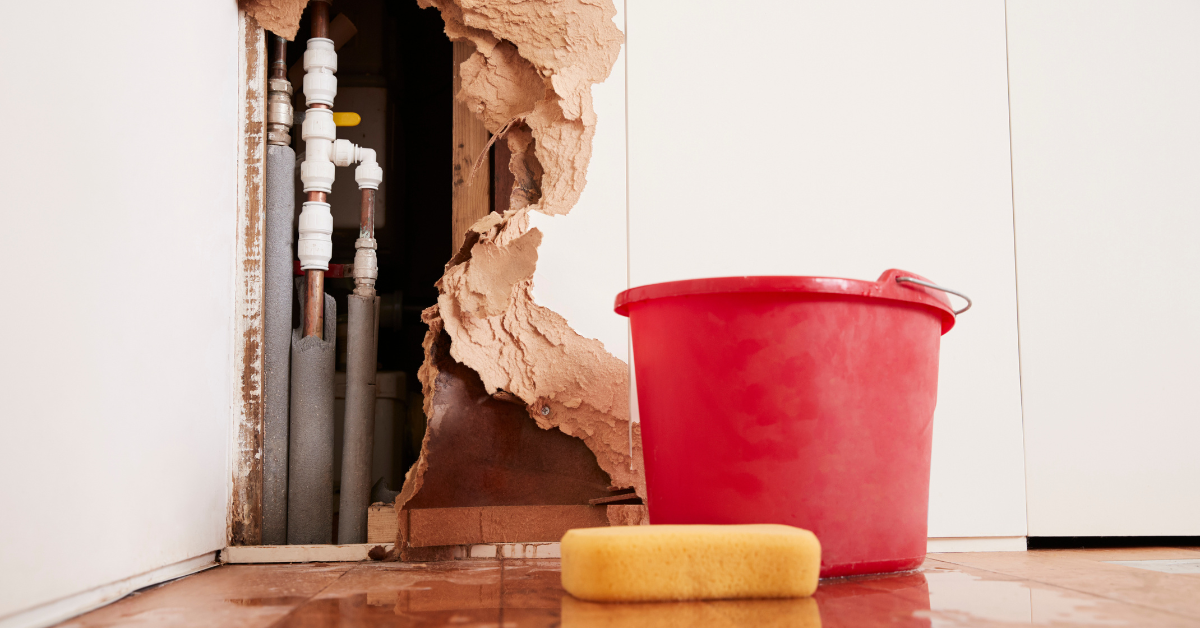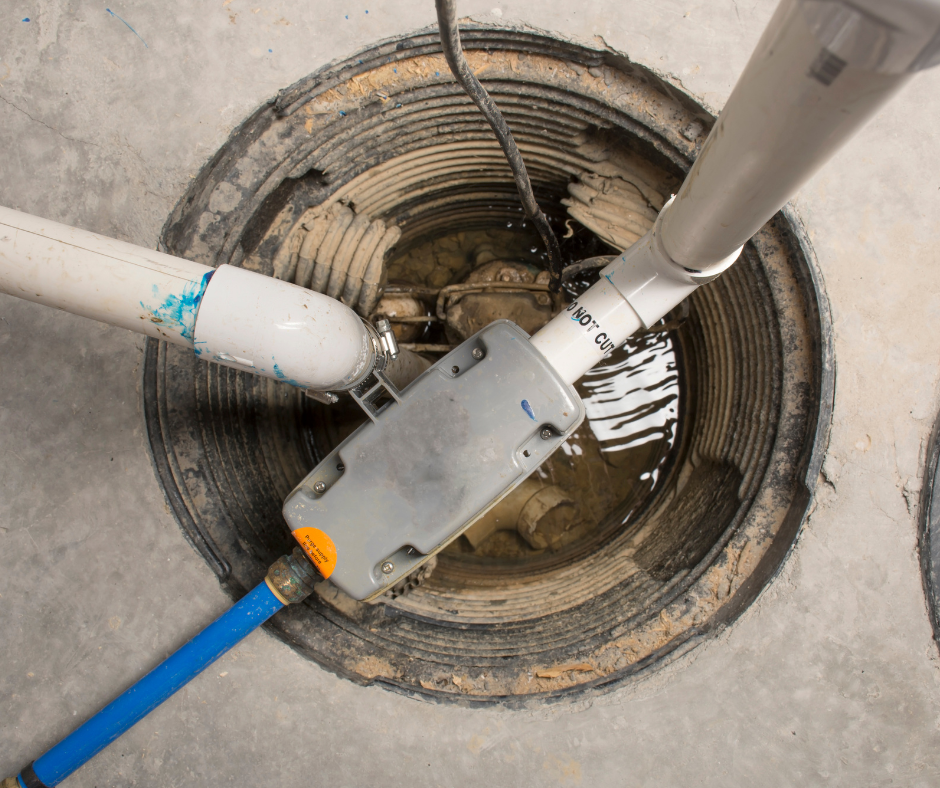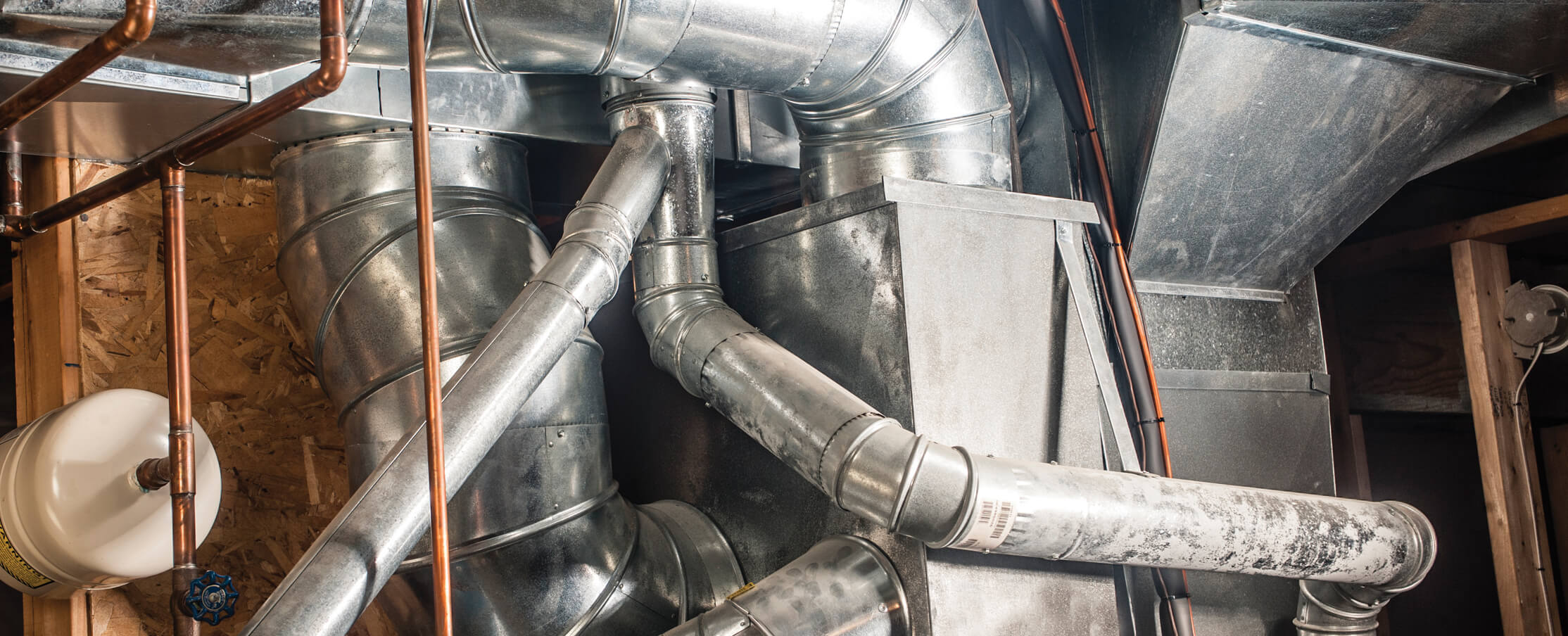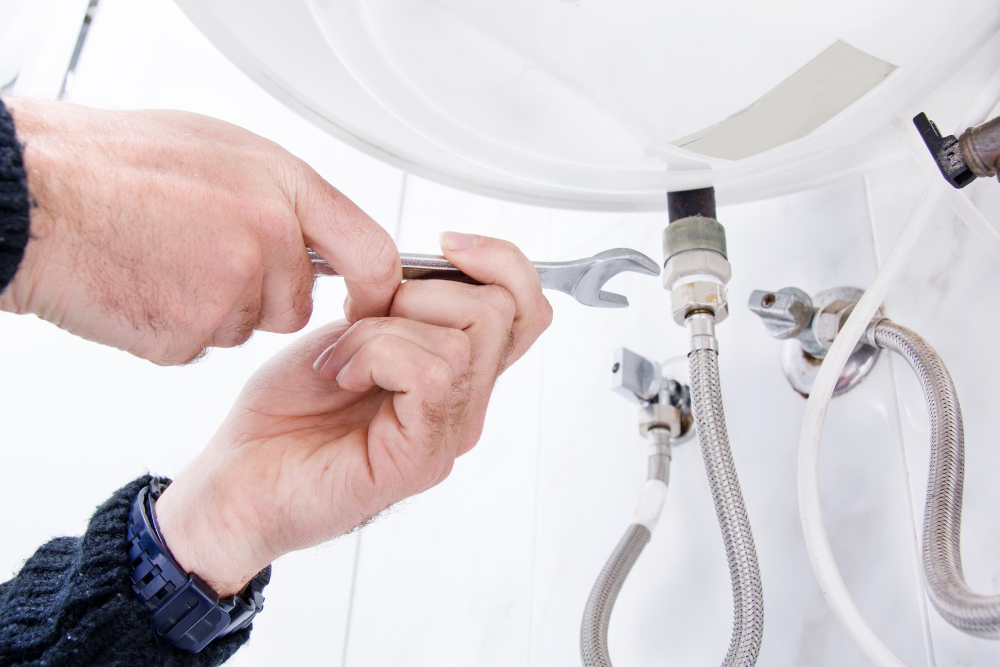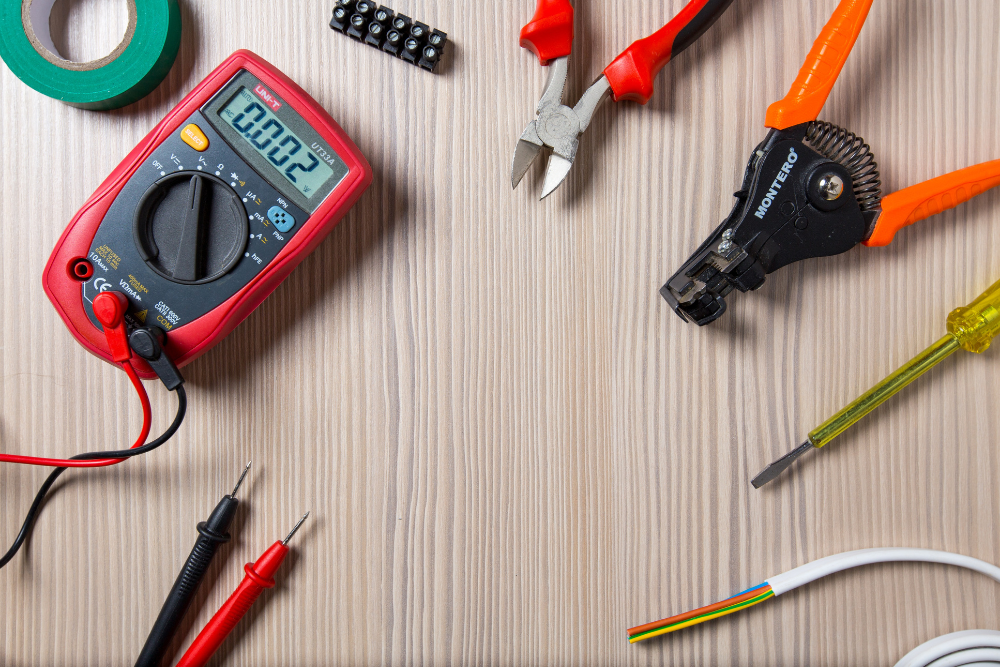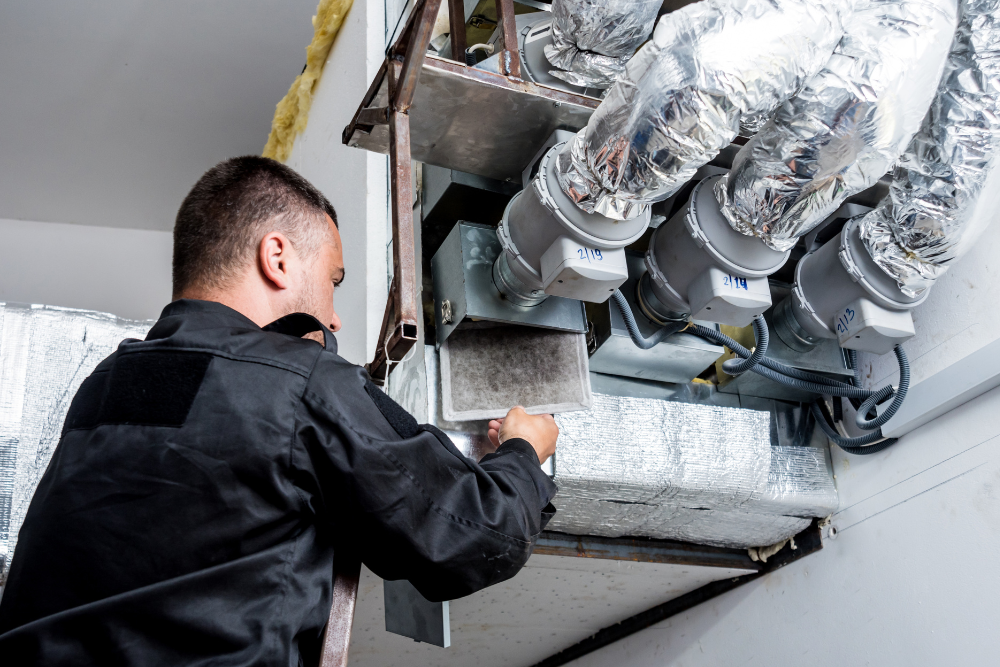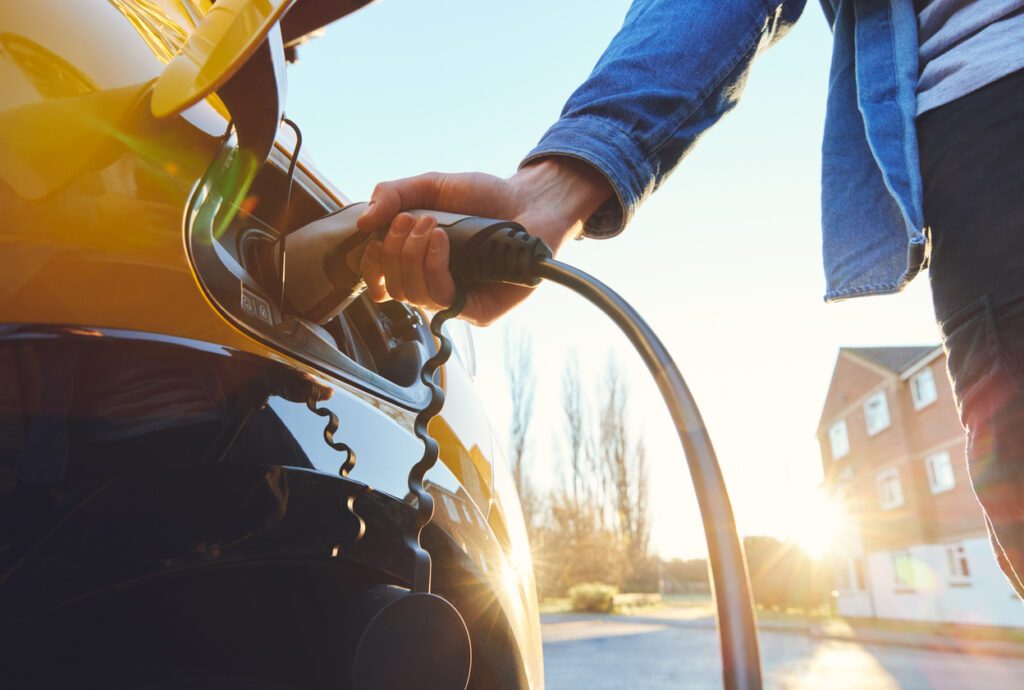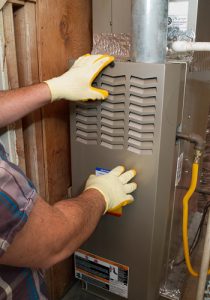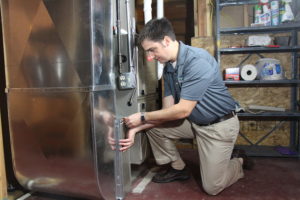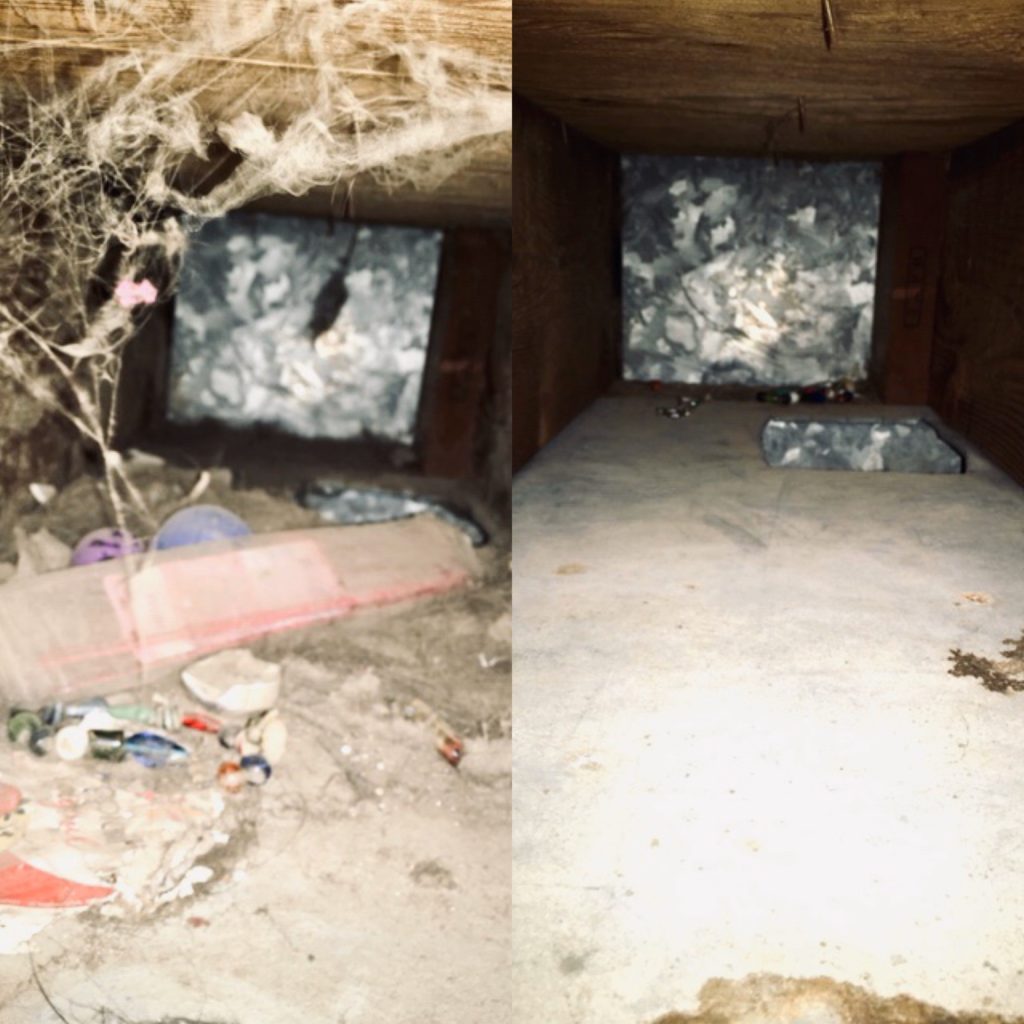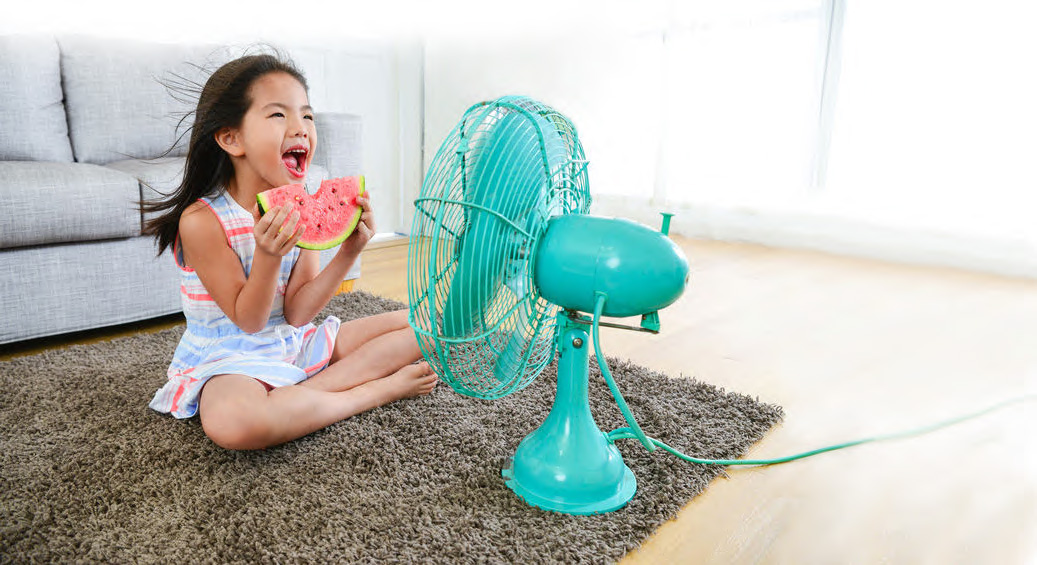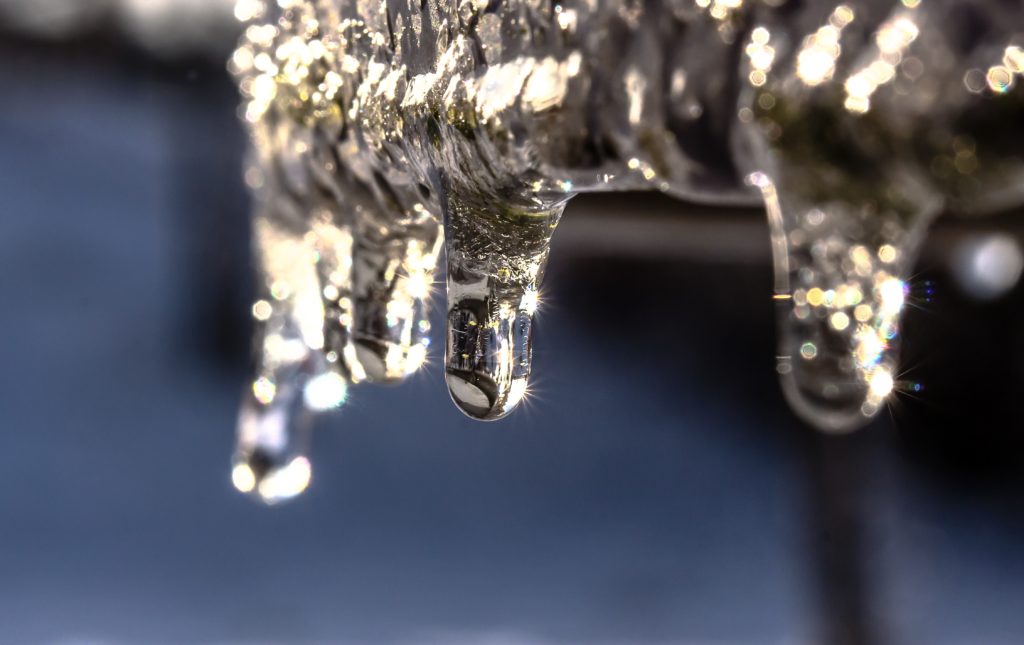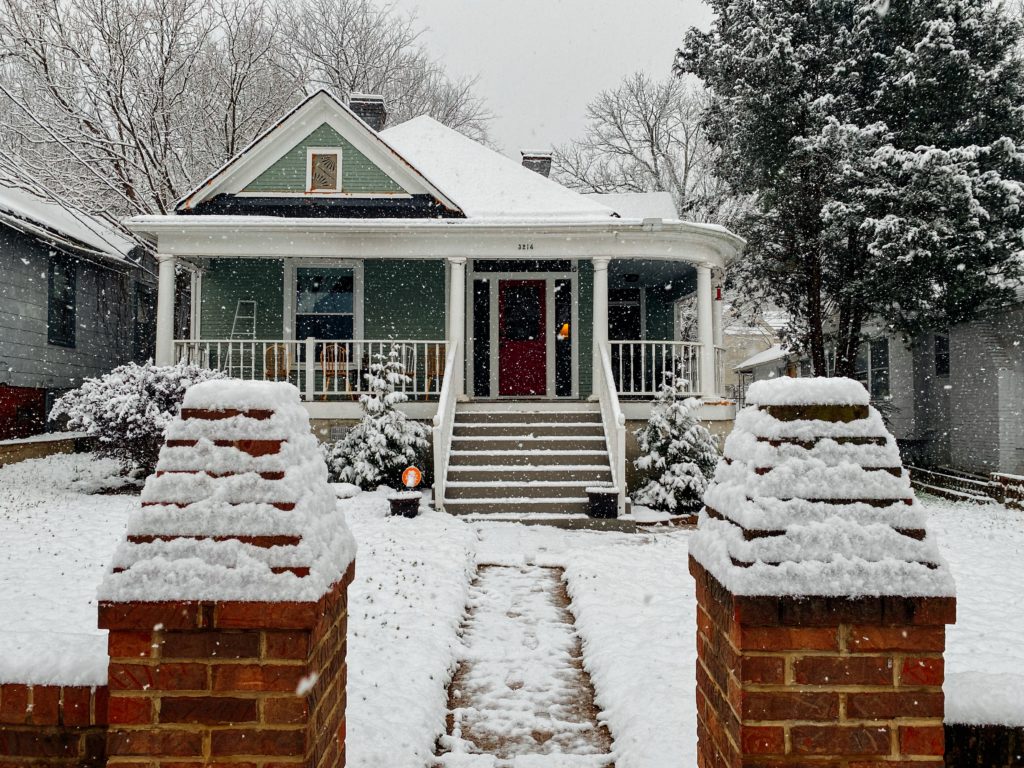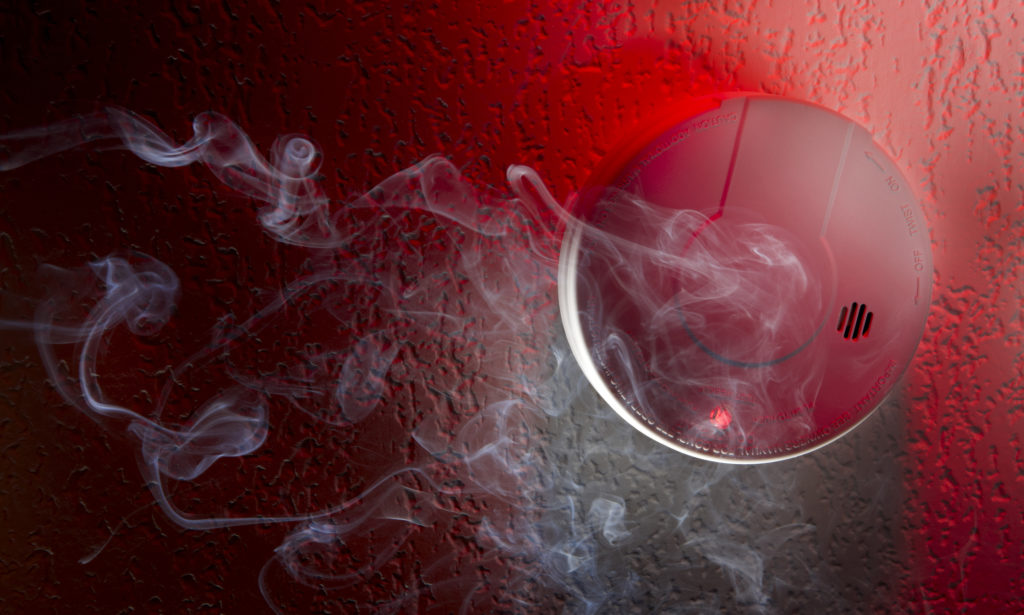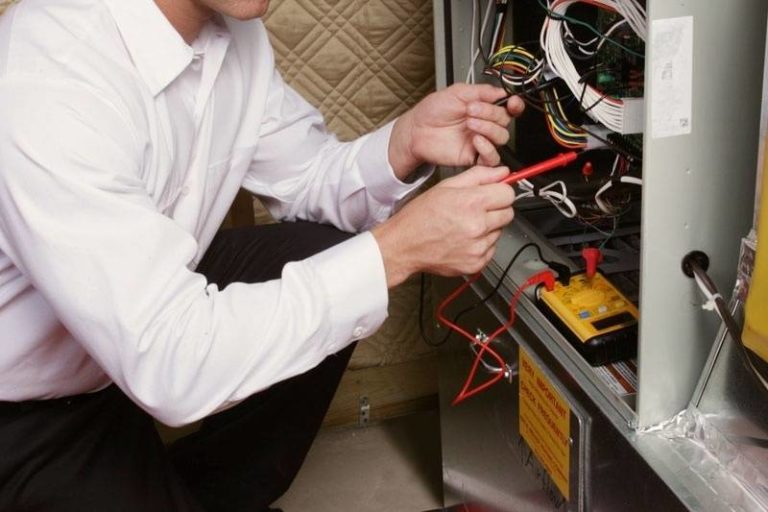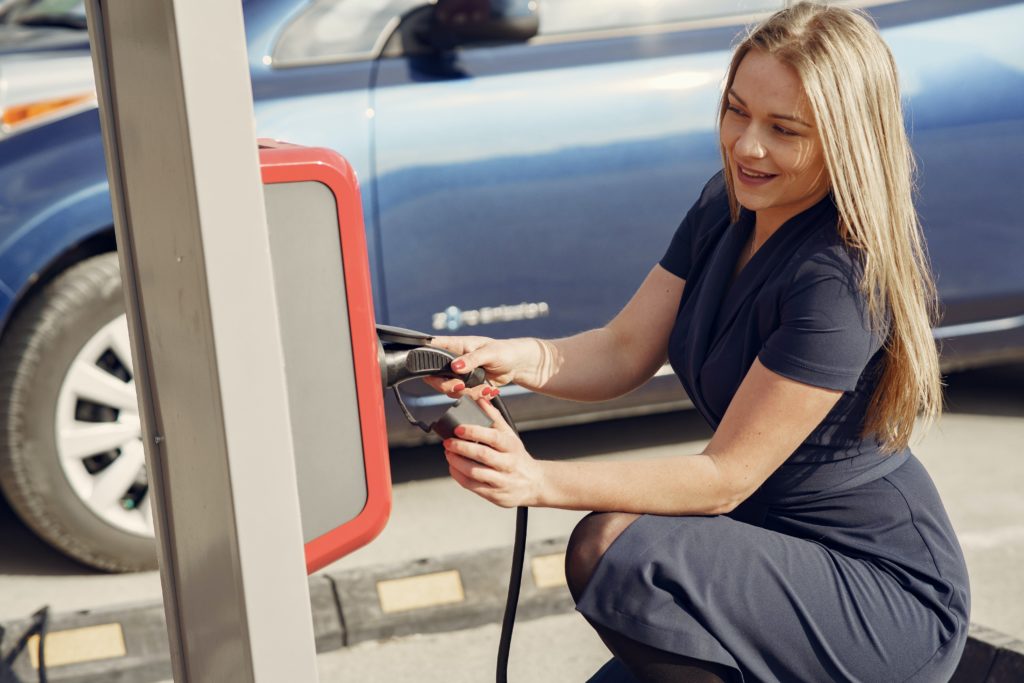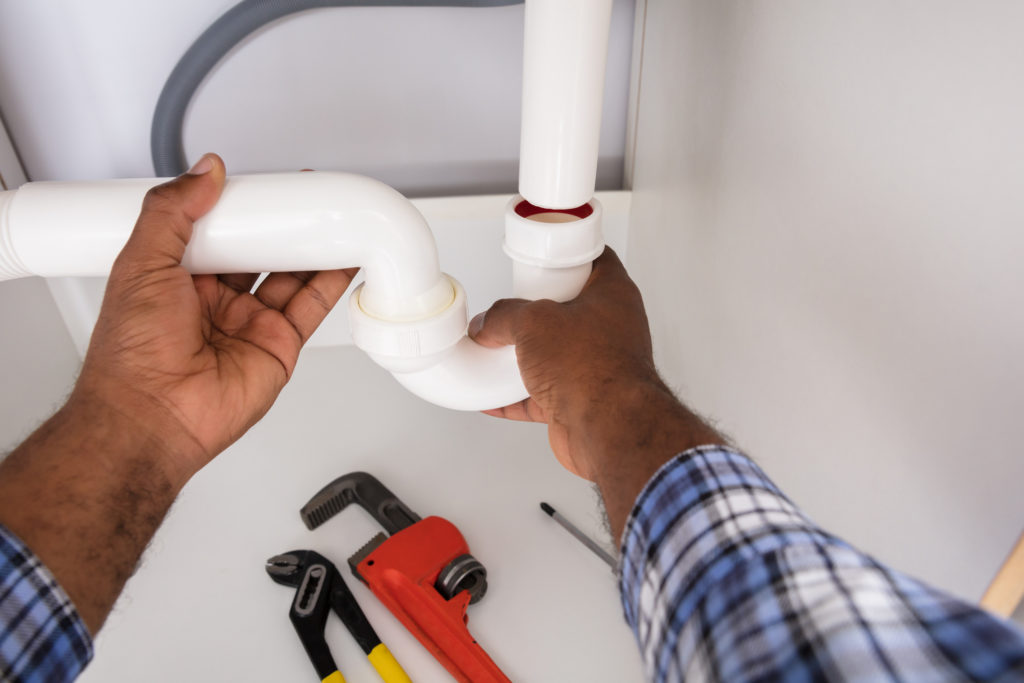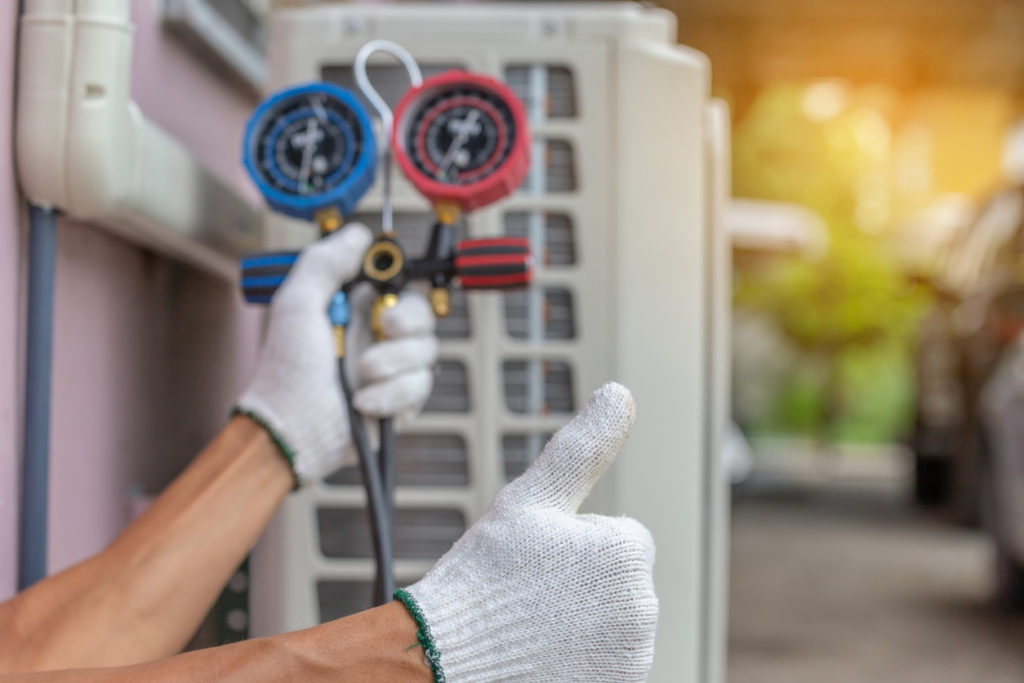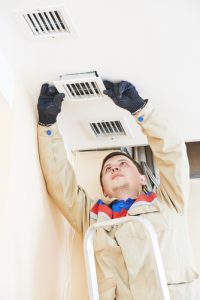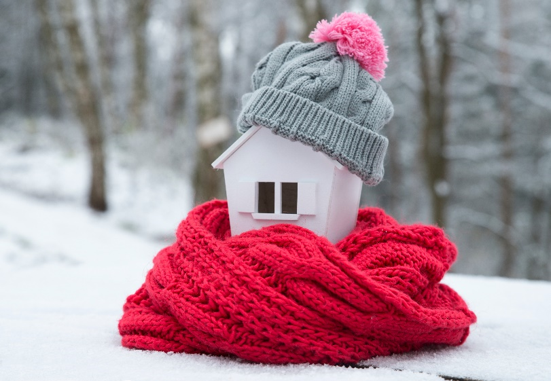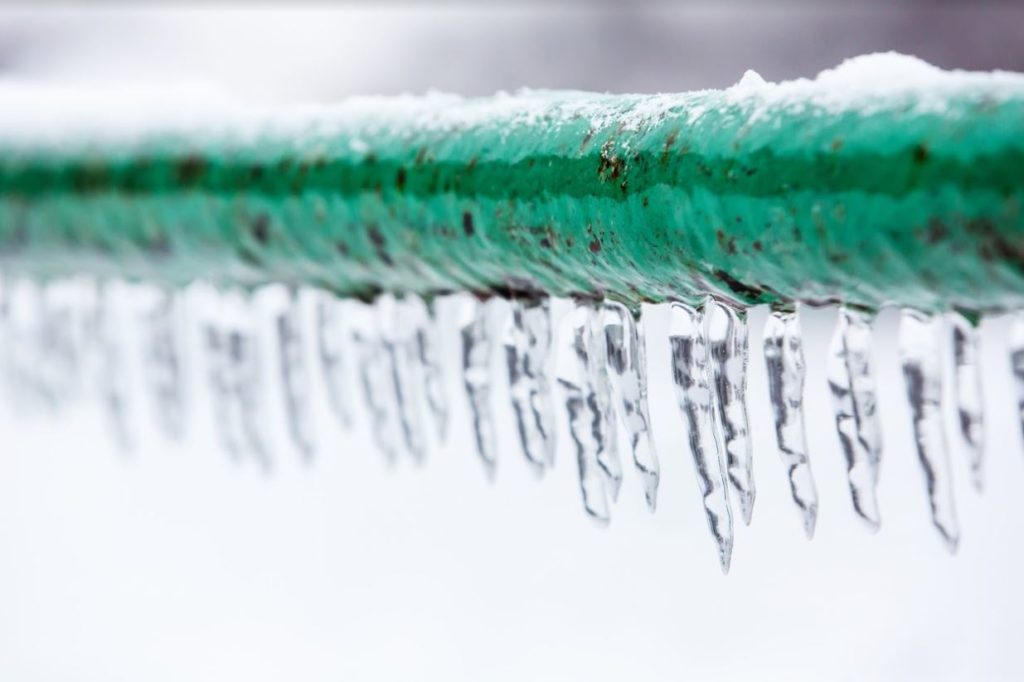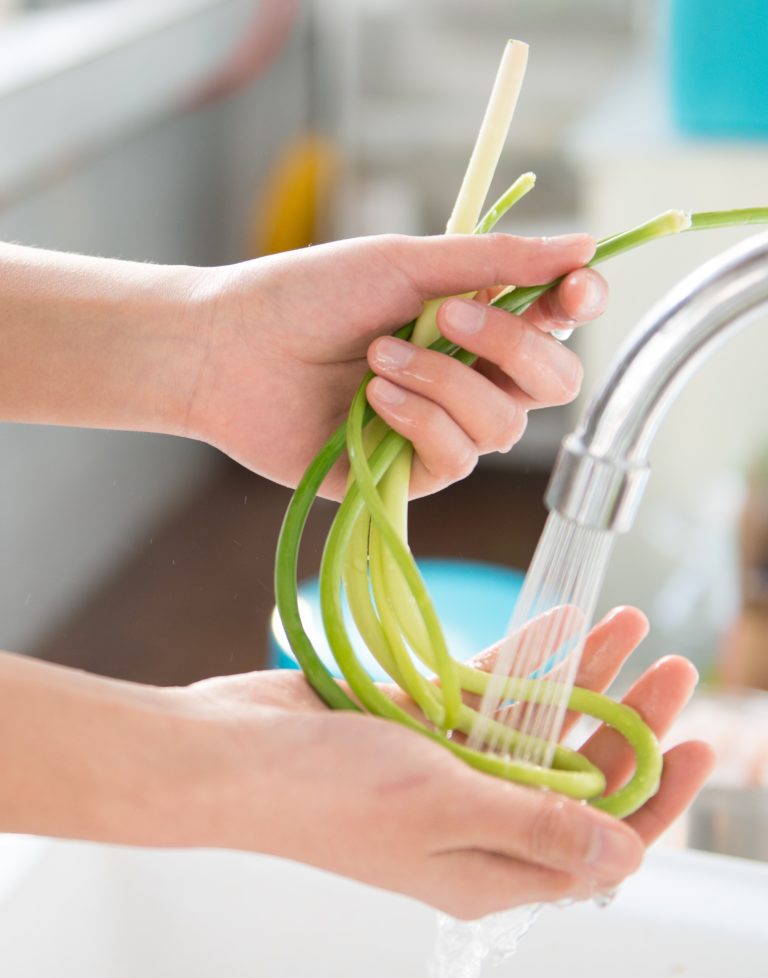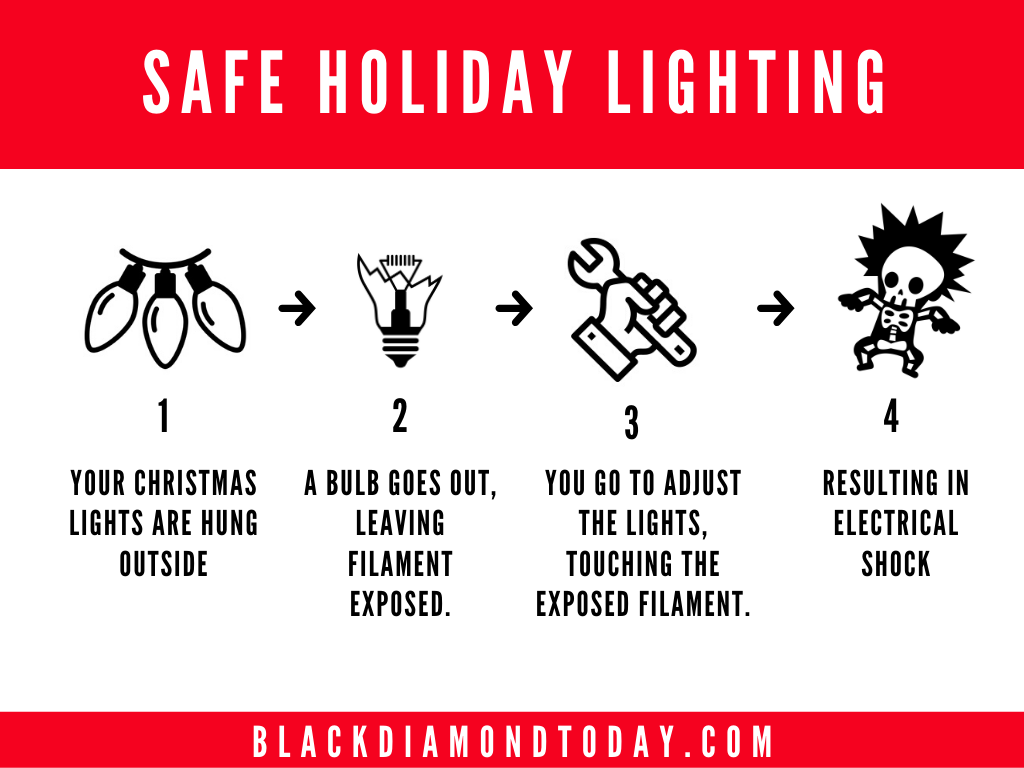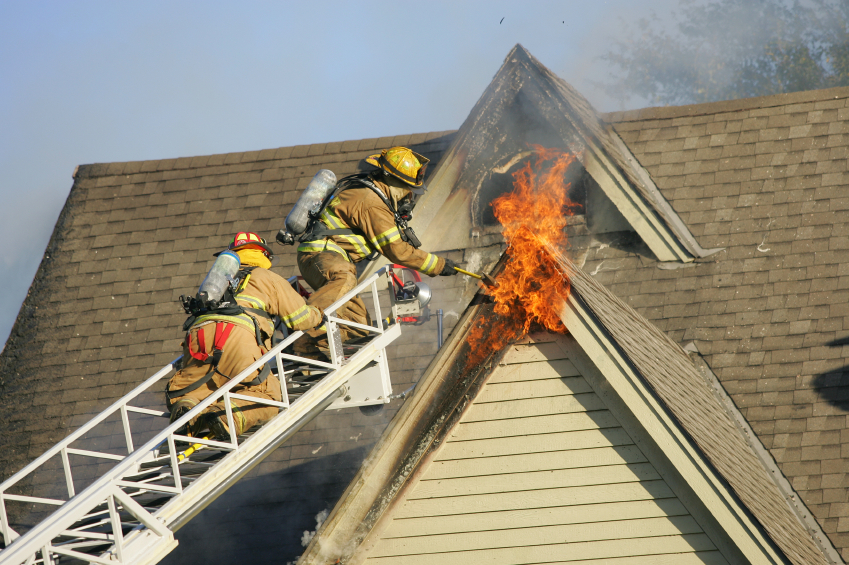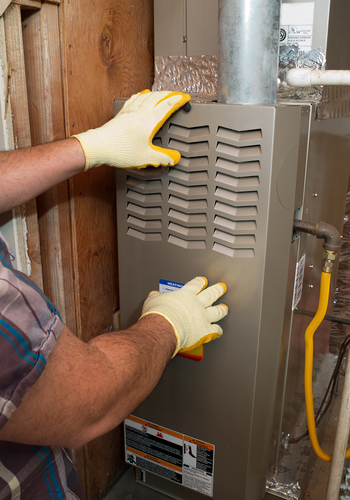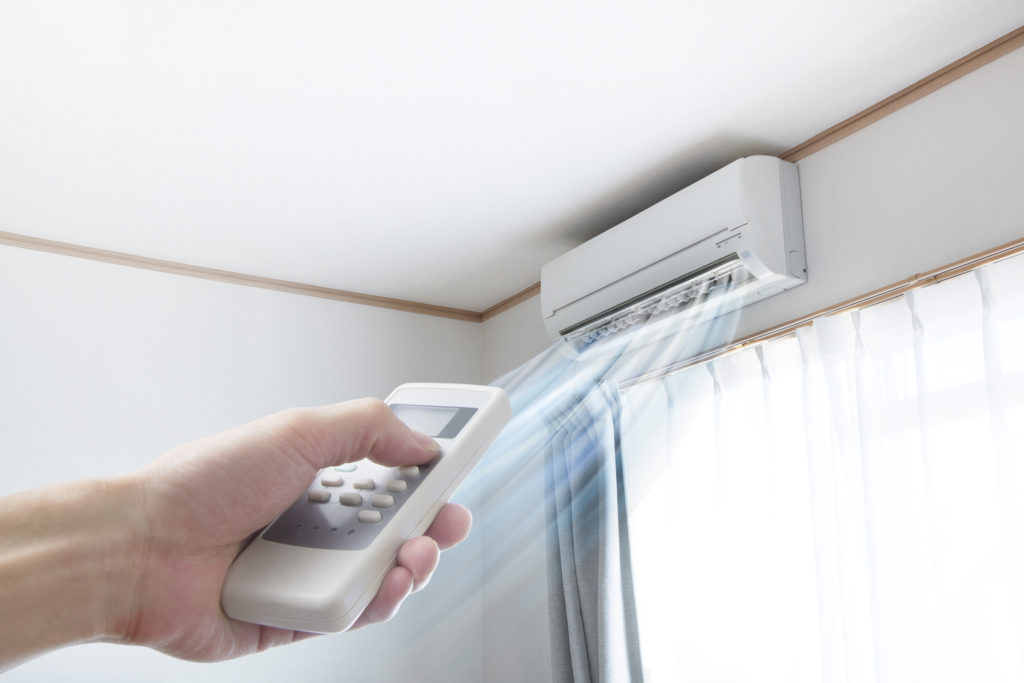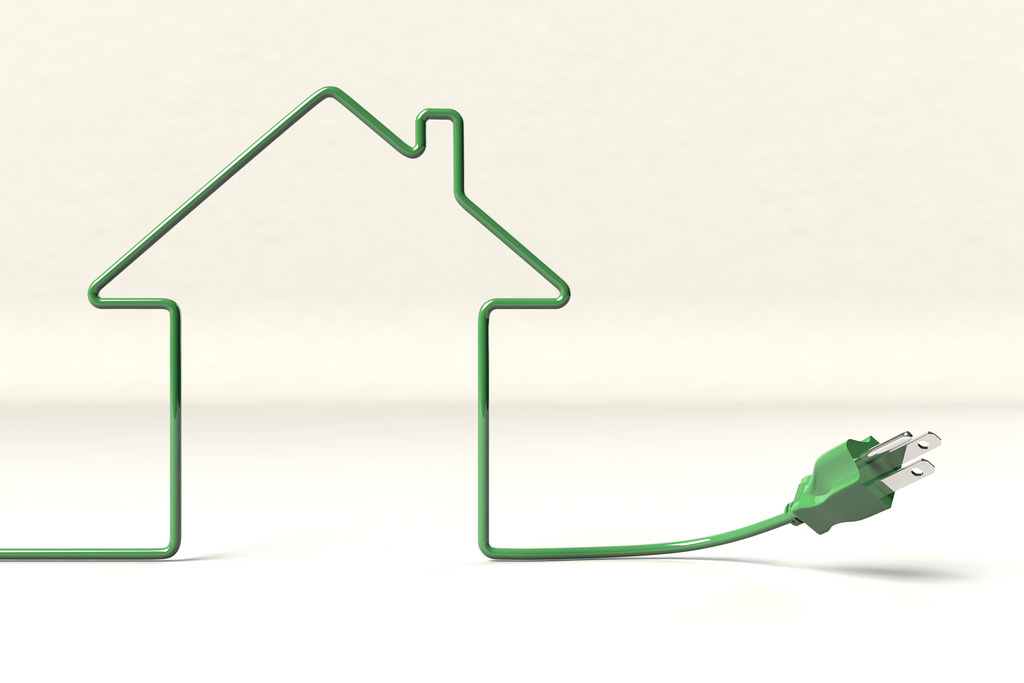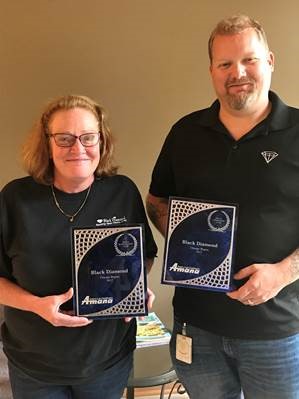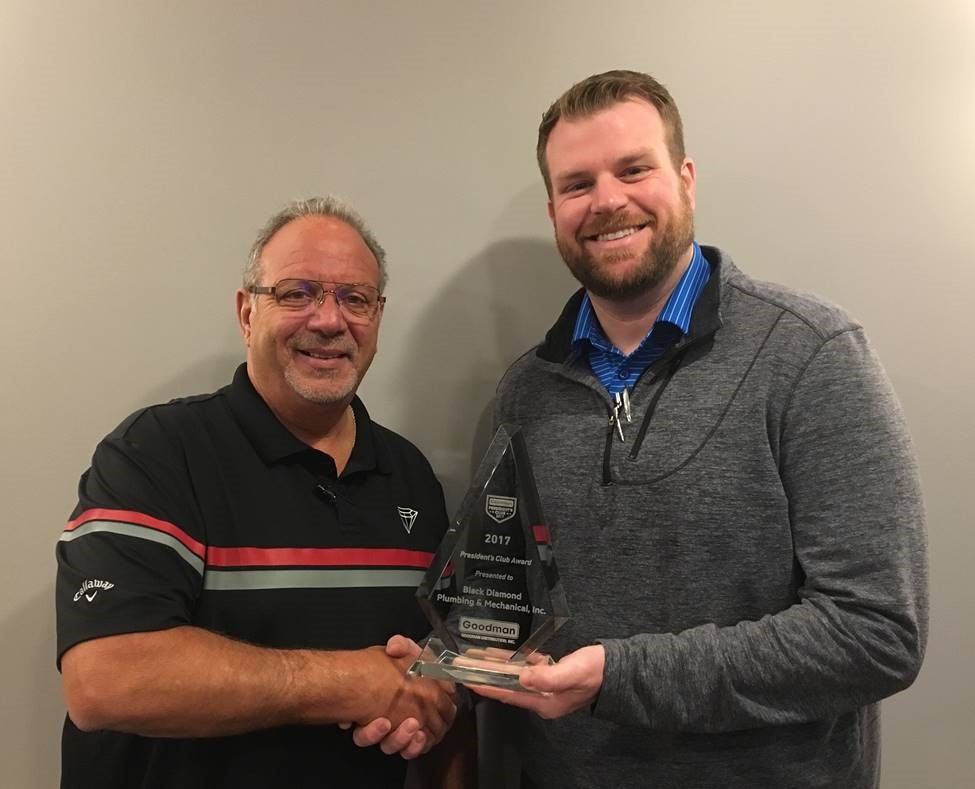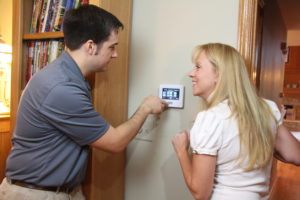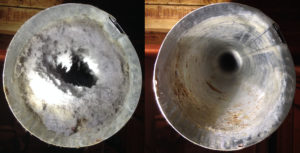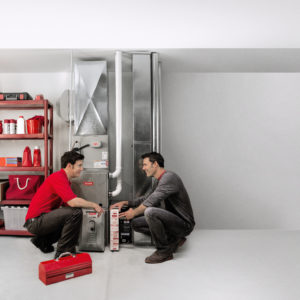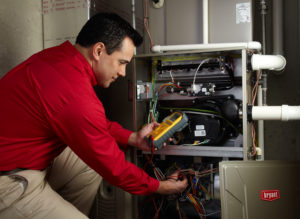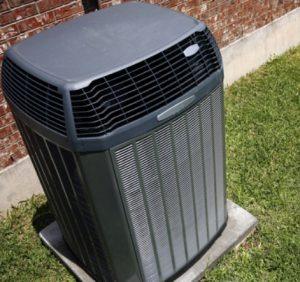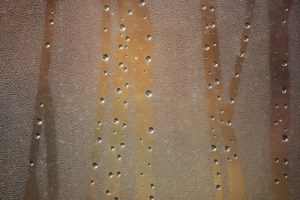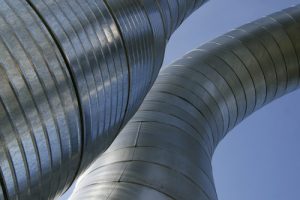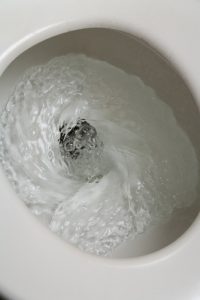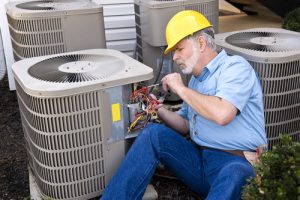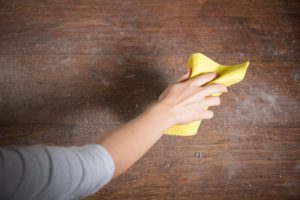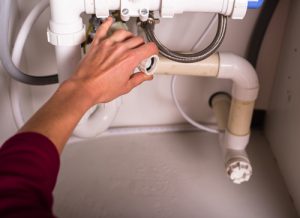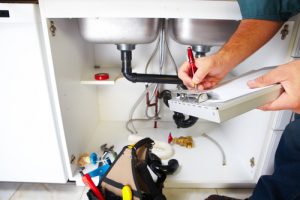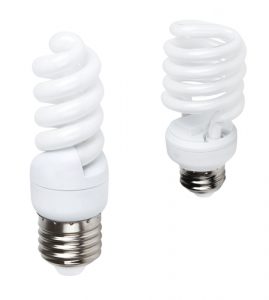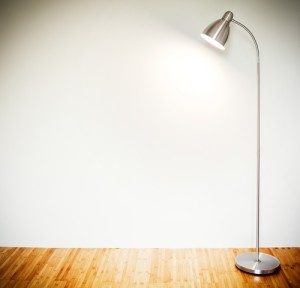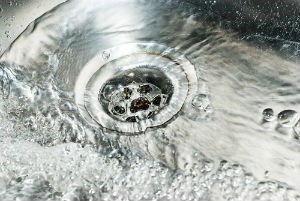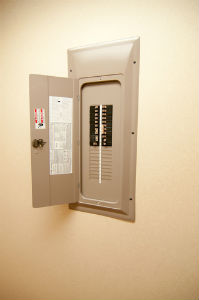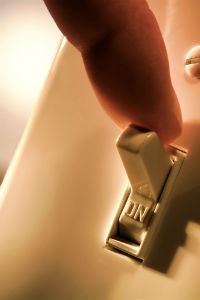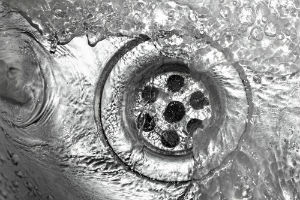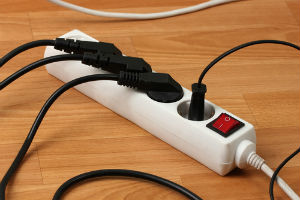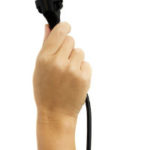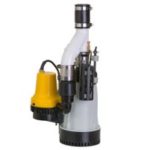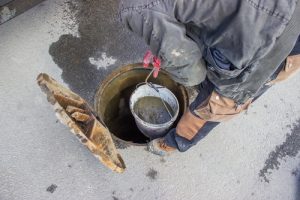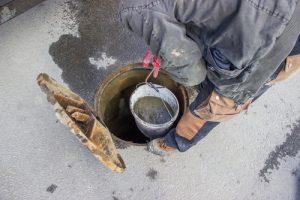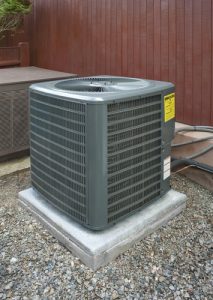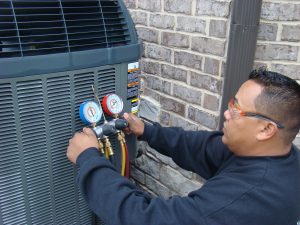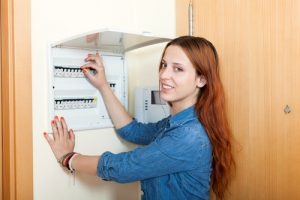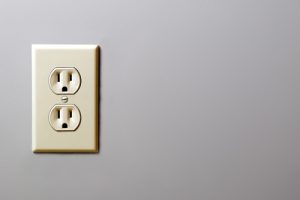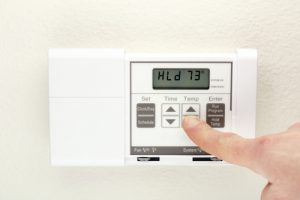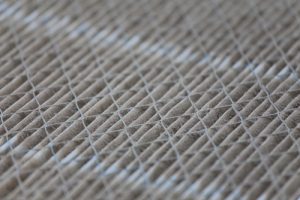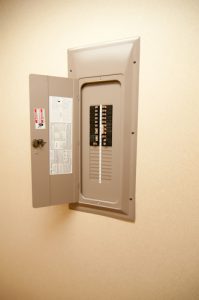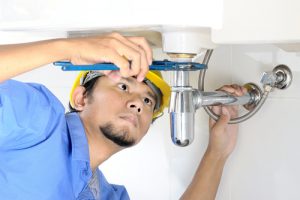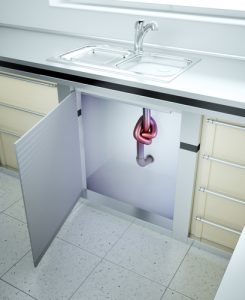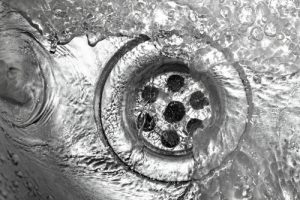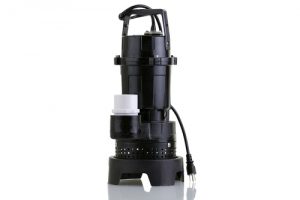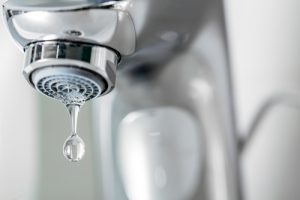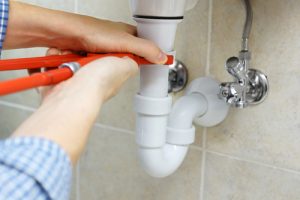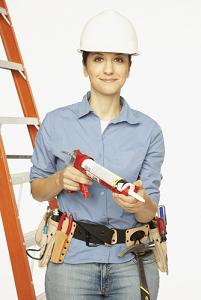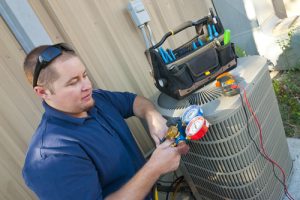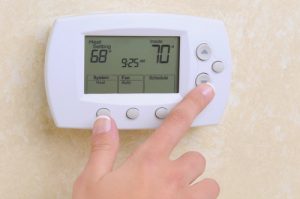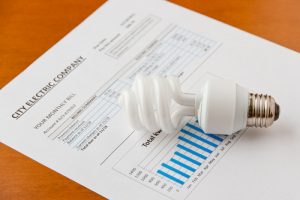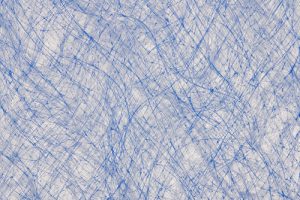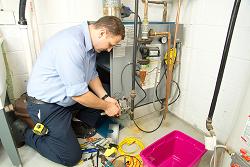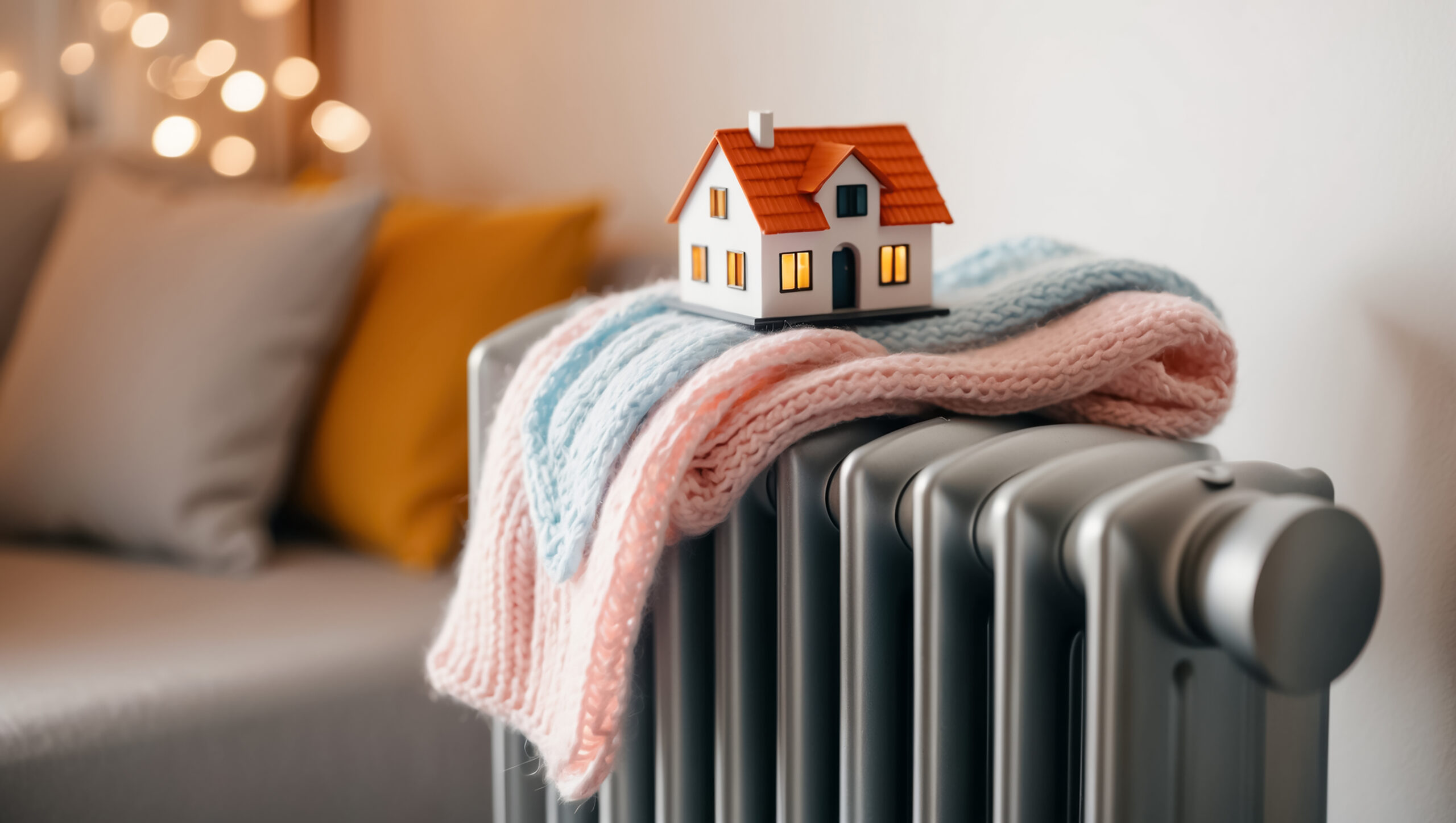5 Ways to Reduce Water Heating Bills in Your Chicagoland Home
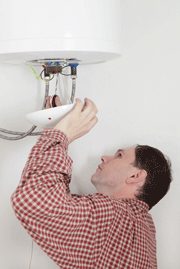 Whatever you do to reduce water heating bills can have a major impact on your monthly household expenses. After heating and cooling, water heating is the biggest energy consumer, and in homes with many occupants, it can represent up to 25 percent of total energy costs.
Whatever you do to reduce water heating bills can have a major impact on your monthly household expenses. After heating and cooling, water heating is the biggest energy consumer, and in homes with many occupants, it can represent up to 25 percent of total energy costs.
Fortunately, homeowners have several options that really work to reduce water heating costs, no matter what kind of heater is installed or whether it uses gas or electricity.
Take some of the bite out of your monthly operating costs by taking these five steps to reduce water heating costs:
Lower the Thermostat
Water temperature has a direct relationship to water heater energy consumption. You can reduce water heating costs by lowering the thermostat without affecting comfort. If you’ve never adjusted the water heater thermostat, it may be still be at the typical factory setting of 140 degrees. This temperature wastes energy and presents a severe scalding hazard. Most experts believe water temperature should be no higher than 120 degrees. For every 10 degrees you lower the thermostat setting, you can save up to 5 percent on water heating costs.
Use a thermometer to check the actual temperature at the farthest point in the house from the water heater. Then adjust the thermostat and recheck with the thermometer until you get the proper temperature at the tap.
Use Less Hot Water
Reduce water heating bills by reducing hot water consumption. Sure, it’s a no-brainer, but you can cut expenses substantially by using less water and the fuel required to heat it. First of all, reduce the time spent soaking in a hot shower and don’t let other hot water taps run unnecessarily long.
Install water-saving low-flow shower heads with outputs of 2.5 gallons per minute or less. The technology of new low-flow shower heads has increased in leaps and bounds over earlier models. Aerating shower heads blend hot water with air to create a misty, soaking spray. Laminar-flow shower heads emit water in an array of fine, highly focused individual streams. Use of water-conserving shower heads as well as faucet aerators can cut household water consumption and the gas or electricity to heat it by 14,000 gallons a year for a family of four.
Drain the Tank
Most municipal water contains dissolved minerals, particularly calcium carbonate. It’s one of the things that makes hard water “hard.” When hard water is heated, calcium carbonate settles out of the water and accumulates at the bottom of the water heater tank. If this layer remains in place and accumulates, over time it hardens into what’s basically limestone. The rock-hard substance insulates water in the tank from the burner flame beneath the tank, causing the heater to run longer “on” cycles to get the water up to proper temperature. This reduces heater service life and raises operating costs. Flush the tank once a year to eliminate mineral accumulation before it solidifies.
- Turn off the cold water valve on top of the heater and turn the gas valve to “off.” If it’s an electric heater, turn off power to the unit.
- Attach a garden hose to the drain spigot at the bottom of the heater and route the other end of the hose outdoors.
- Open the drain valve, then lift the spring-loaded pressure relief valve on the side of the tank and allow the tank to drain completely. Allow the pressure relief valve to snap shut.
- Close the drain valve. Open the cold water inlet and relight the heater per manufacturer’s instructions or restore electrical power.
Insulate Pipes
Hot water pipes lose heat energy by thermal conduction. Insulated foam sleeves that fit over pipes are available at any home center. Slip them over hot water supply lines anywhere you find them exposed, such as in the basement, crawl space, or the immediate vicinity of the water heater.
Blanket the Tank
Older water heaters have less efficient tank insulation and suffer higher standby loss when the heater is sitting idle. A professional plumber can install a water heater insulating blanket to cut heat loss and reduce water heating bills by about 5 percent. If you have a newer model with a listed insulation R-value of 25 or greater, however, you probably won’t benefit from an insulating blanket.
For more advice to reduce water heating bills in your home, or for other home comfort issues, contact Black Diamond Plumbing & Mechanical.
Image Provided by Shutterstock.com
Recent Posts
Request Service
Please fill out the form and we will get in touch with you shortly. We look forward to serving you!
Request Service
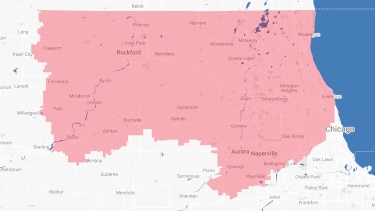
Proudly Serving
The Chicagoland AreaAddison | Algonquin | Antioch | Arlington Heights | Aurora | Barrington | Bartlett | Batavia | Beloit | Belvidere | Bensenville | Bloomingdale | Bolingbrook | Buffalo Grove | Byron | Caledonia | Capron | Carol Stream | And Much More!
VIew ALL

